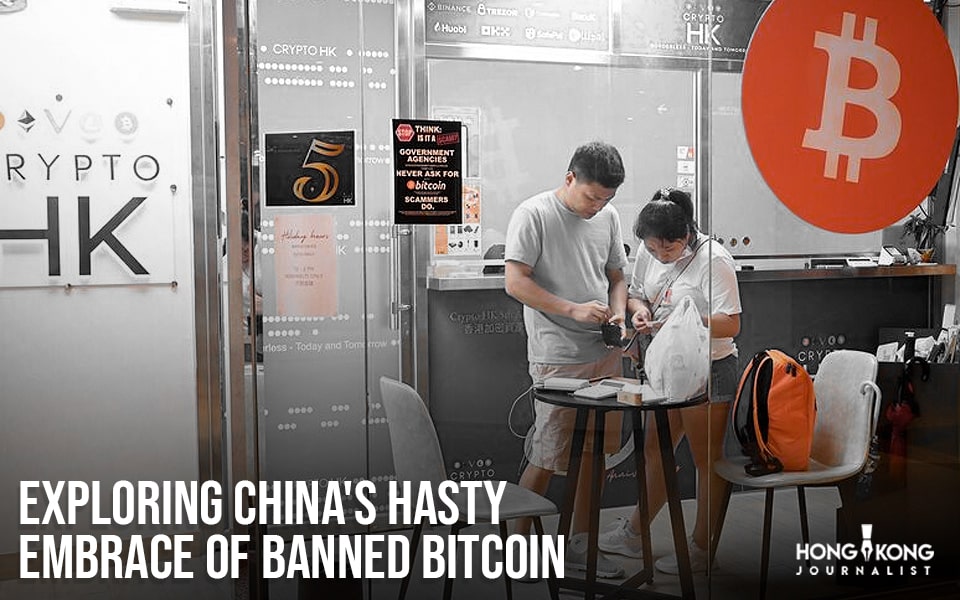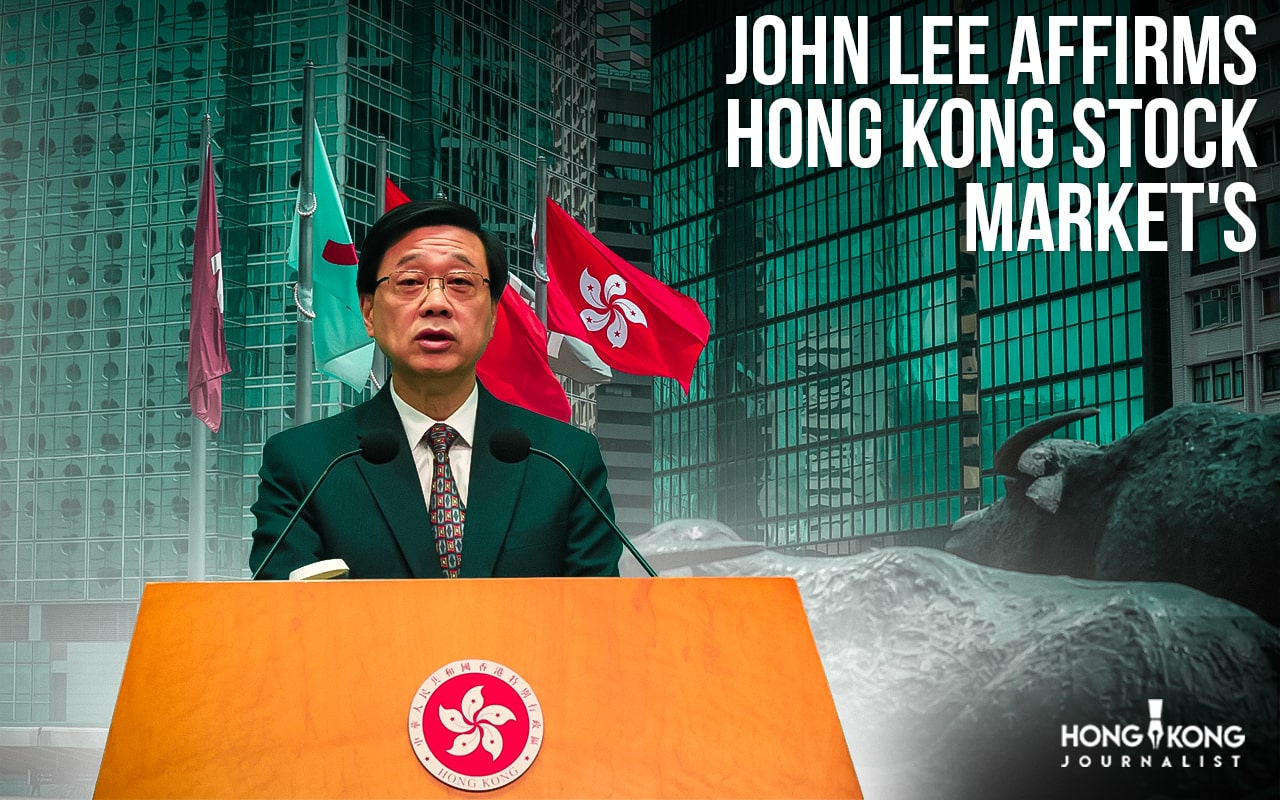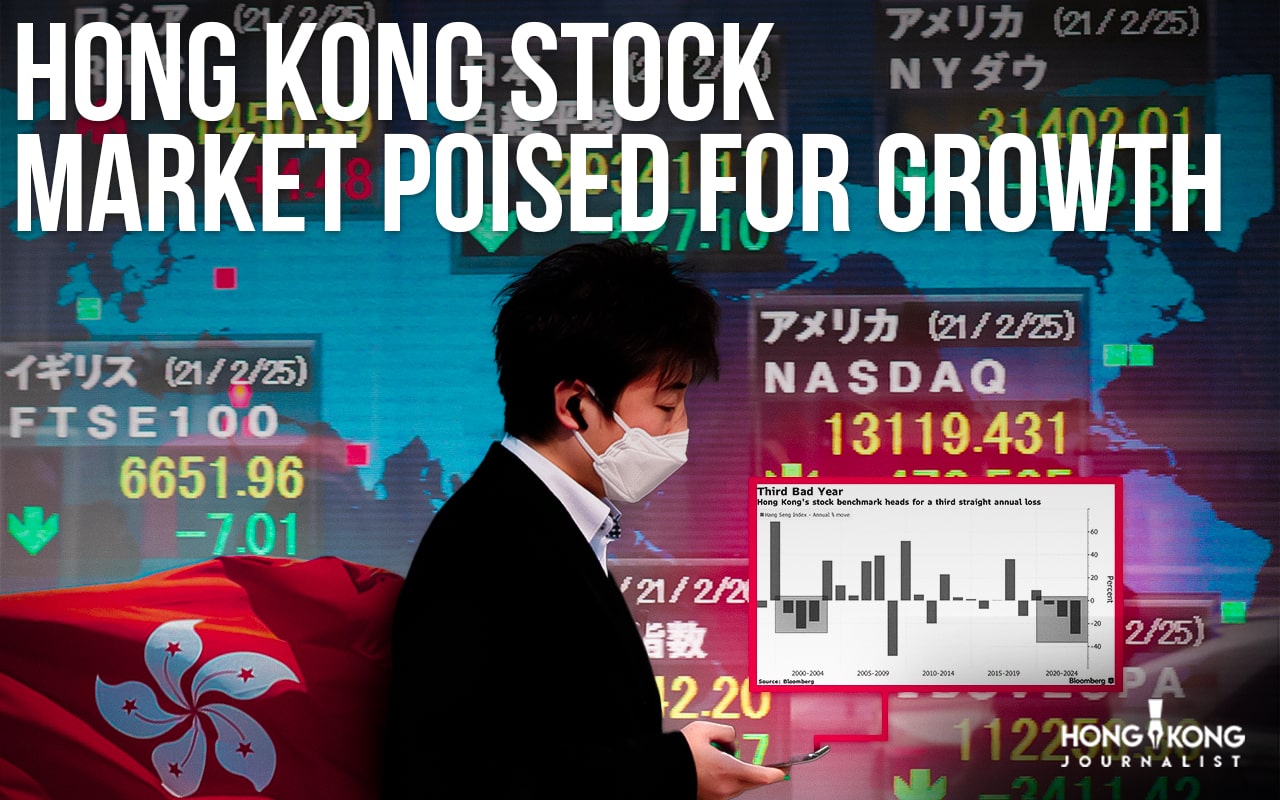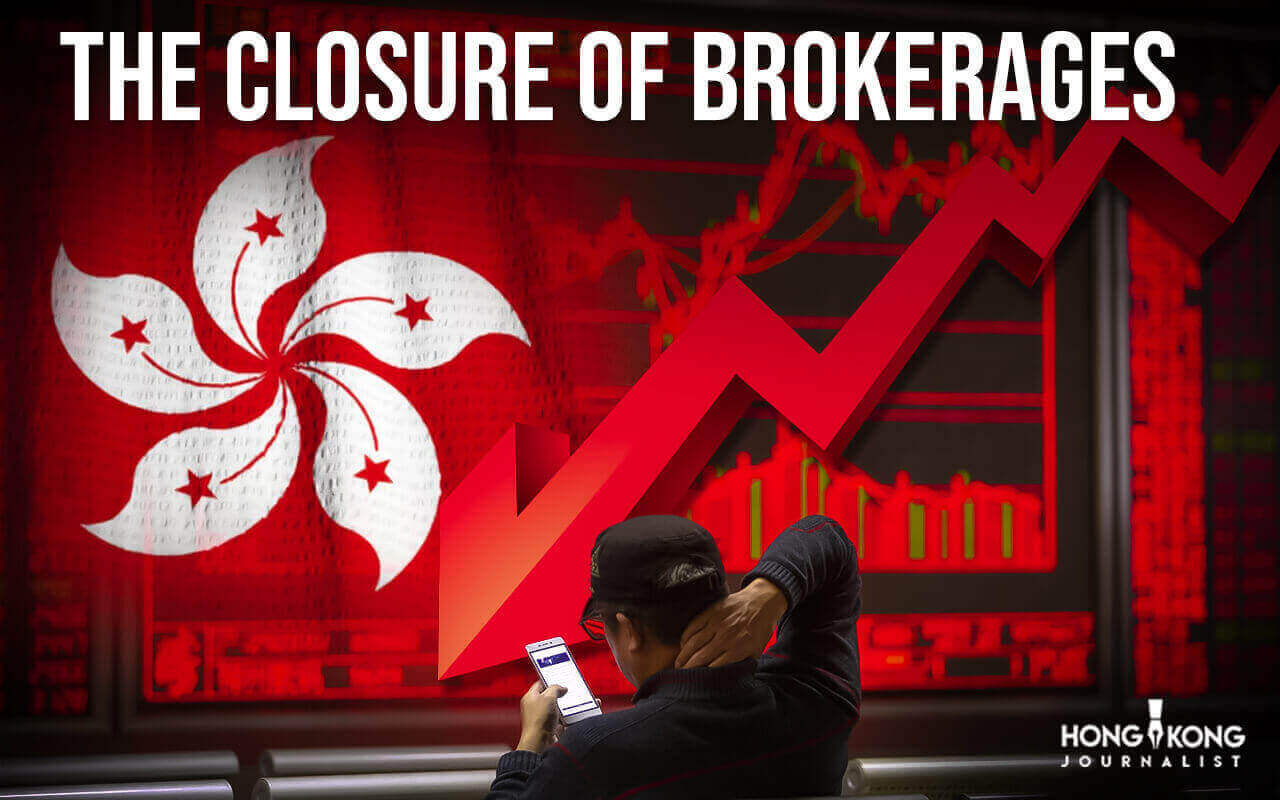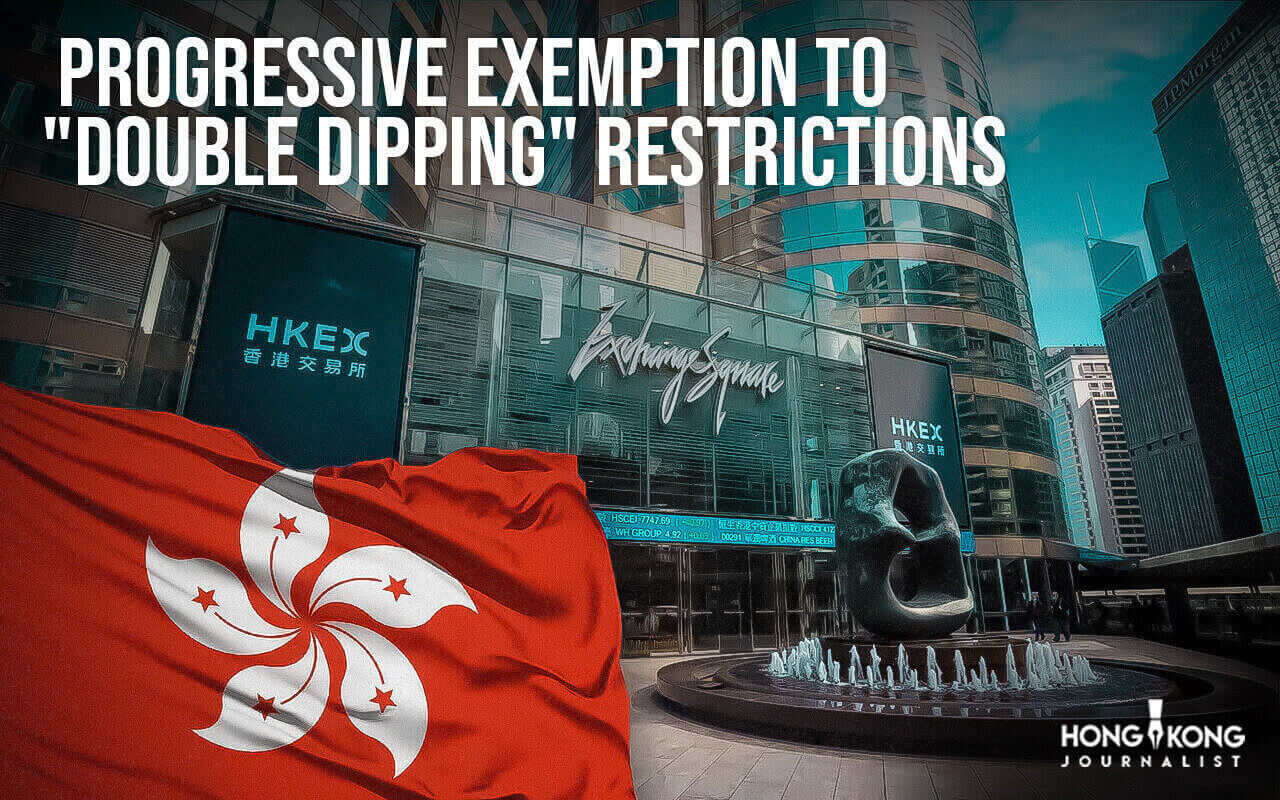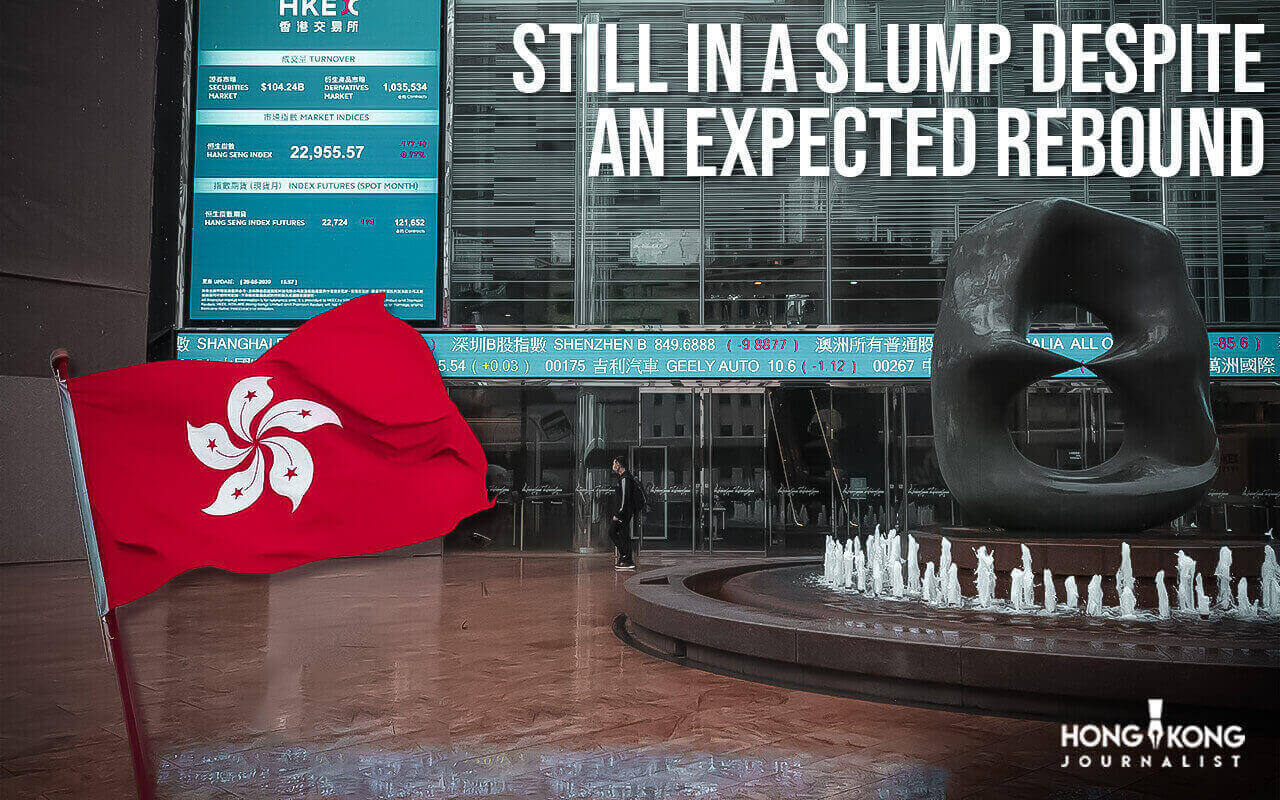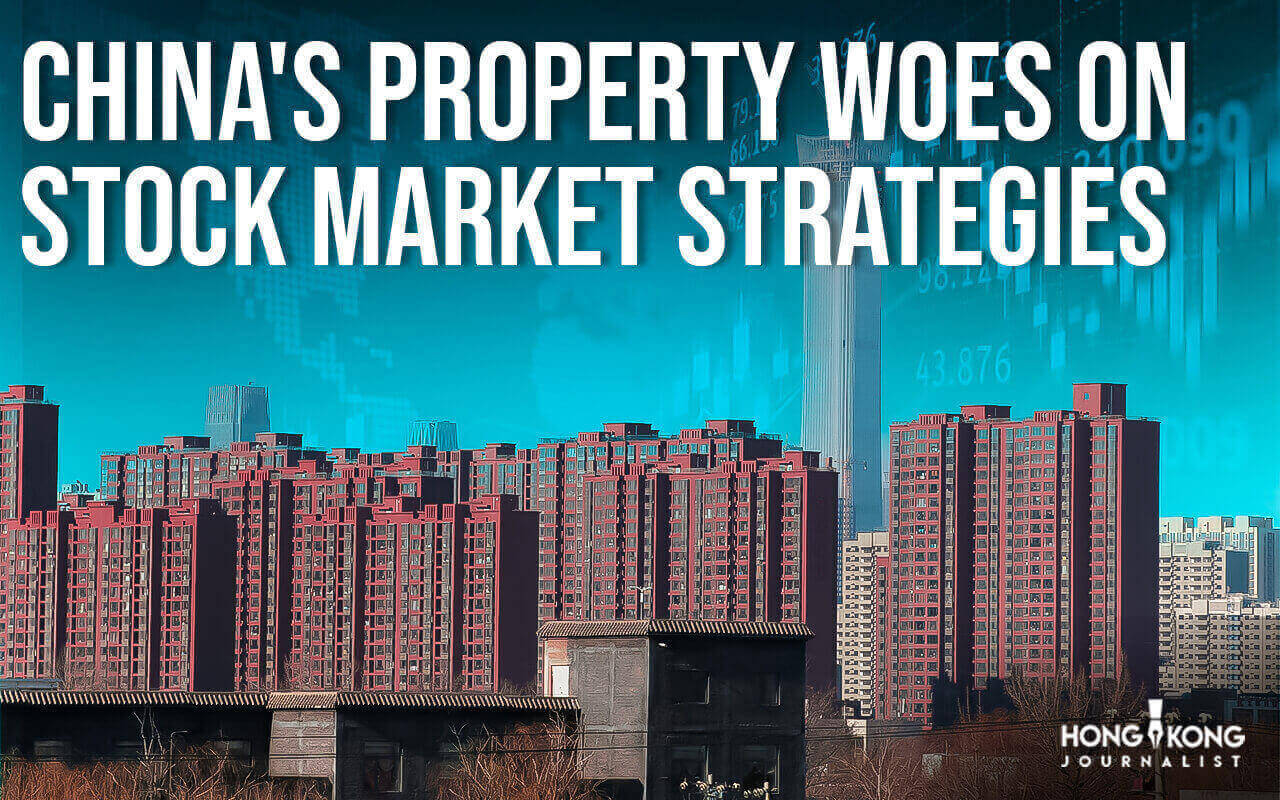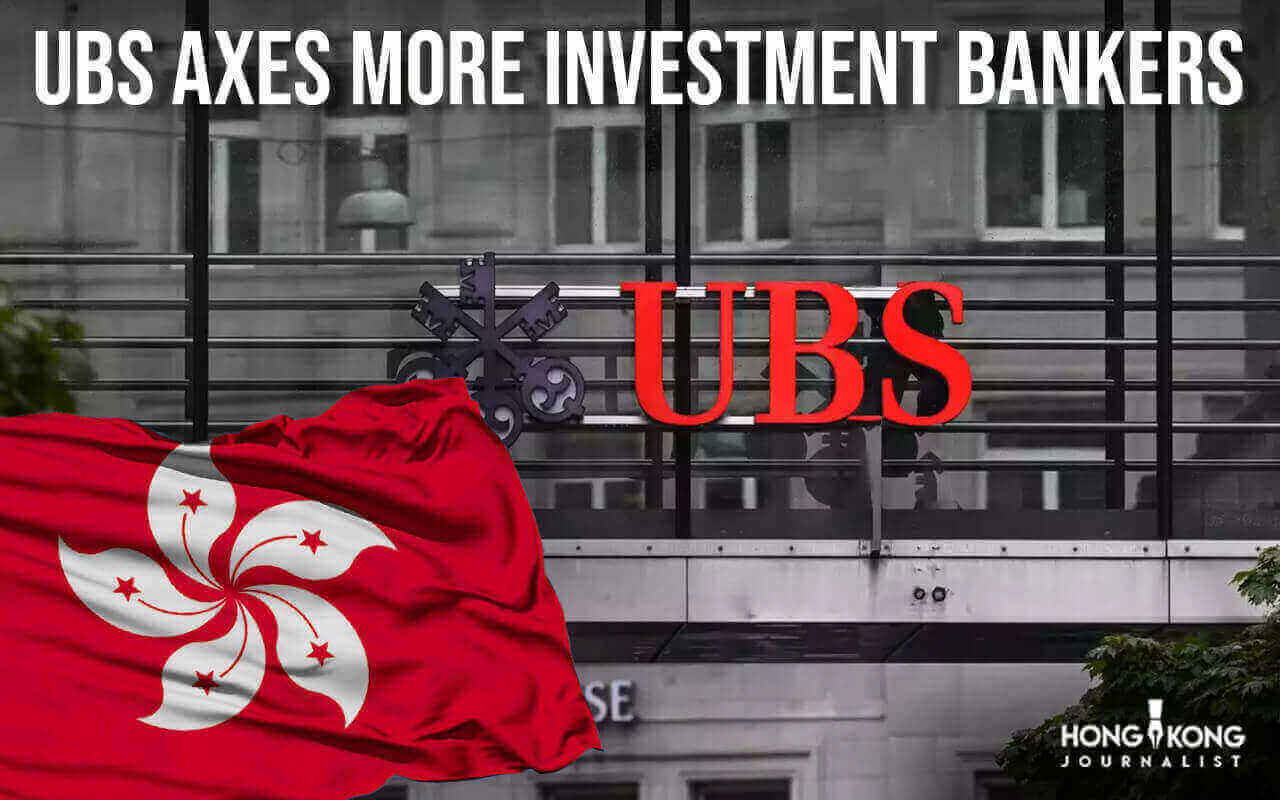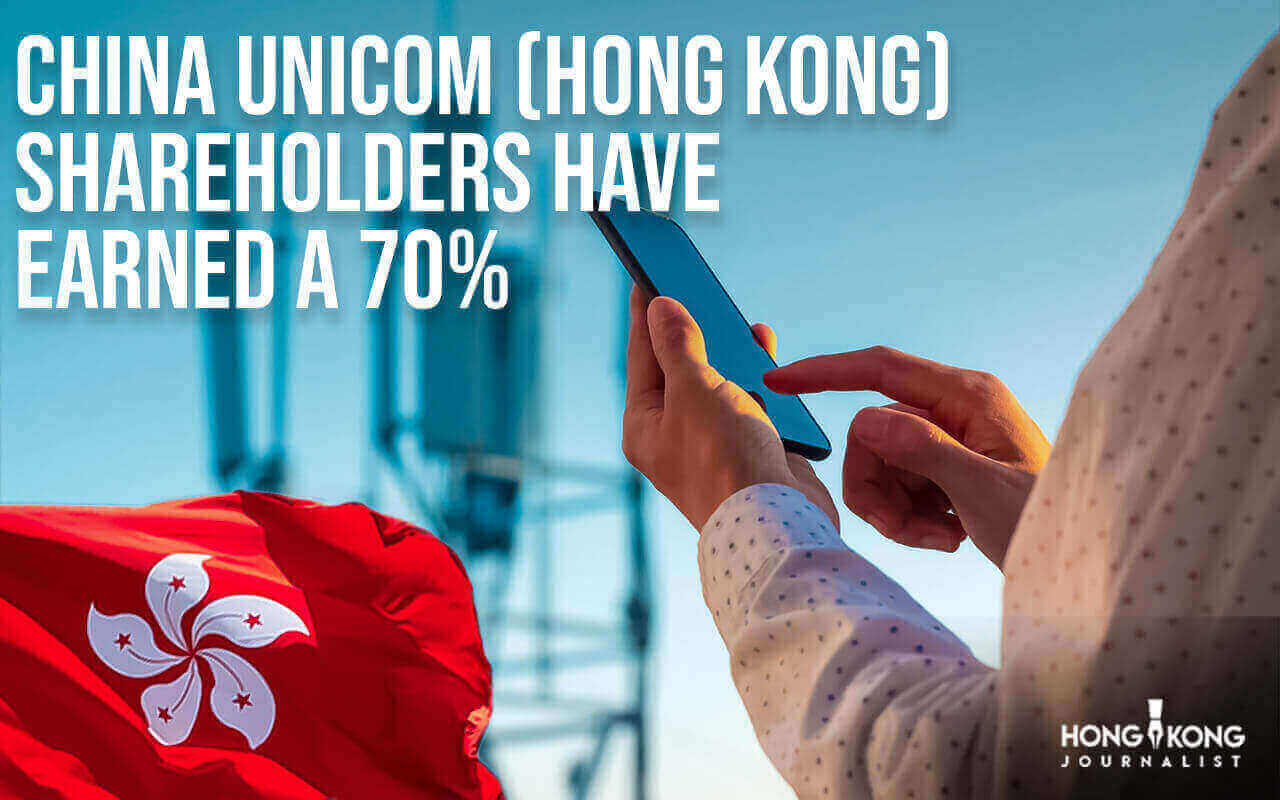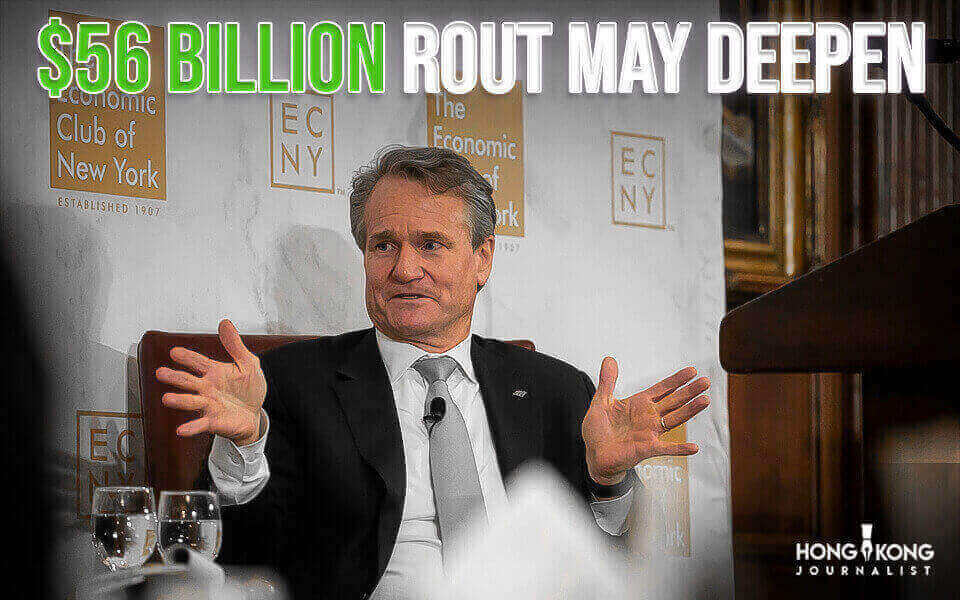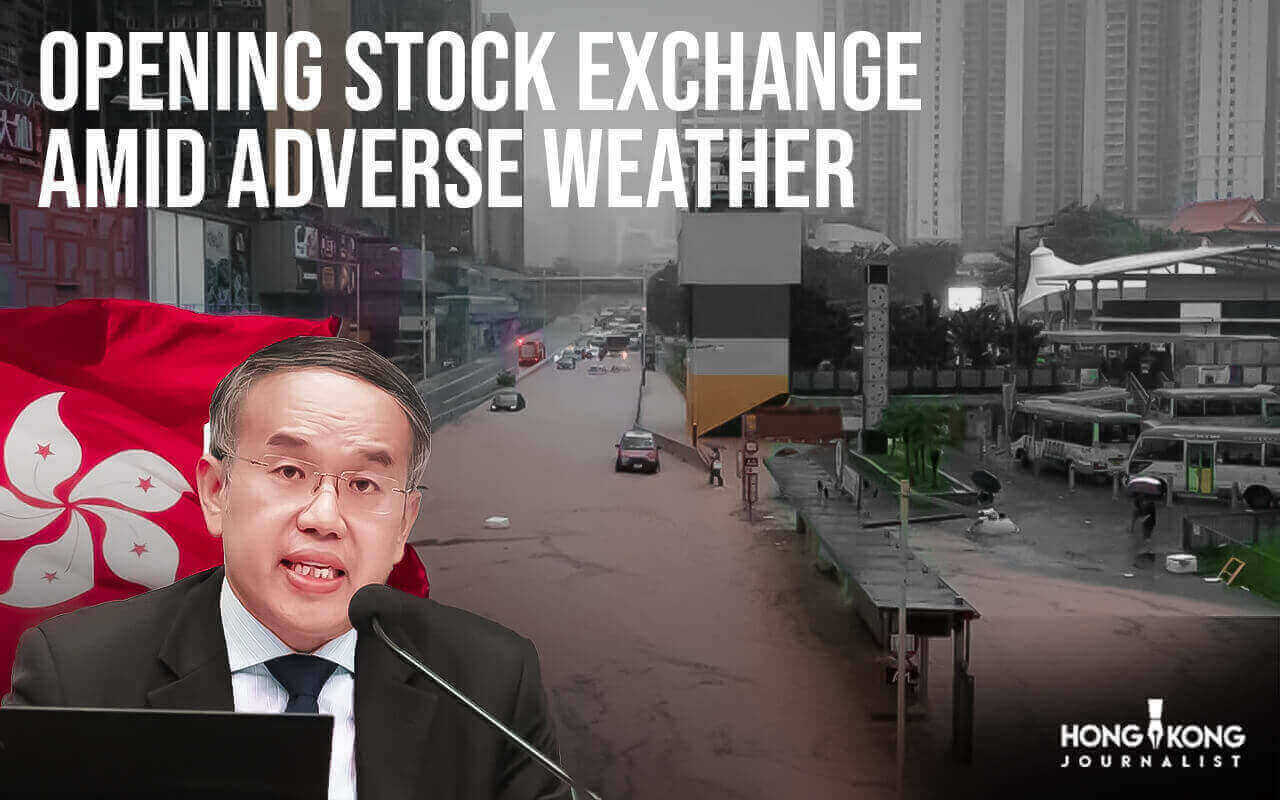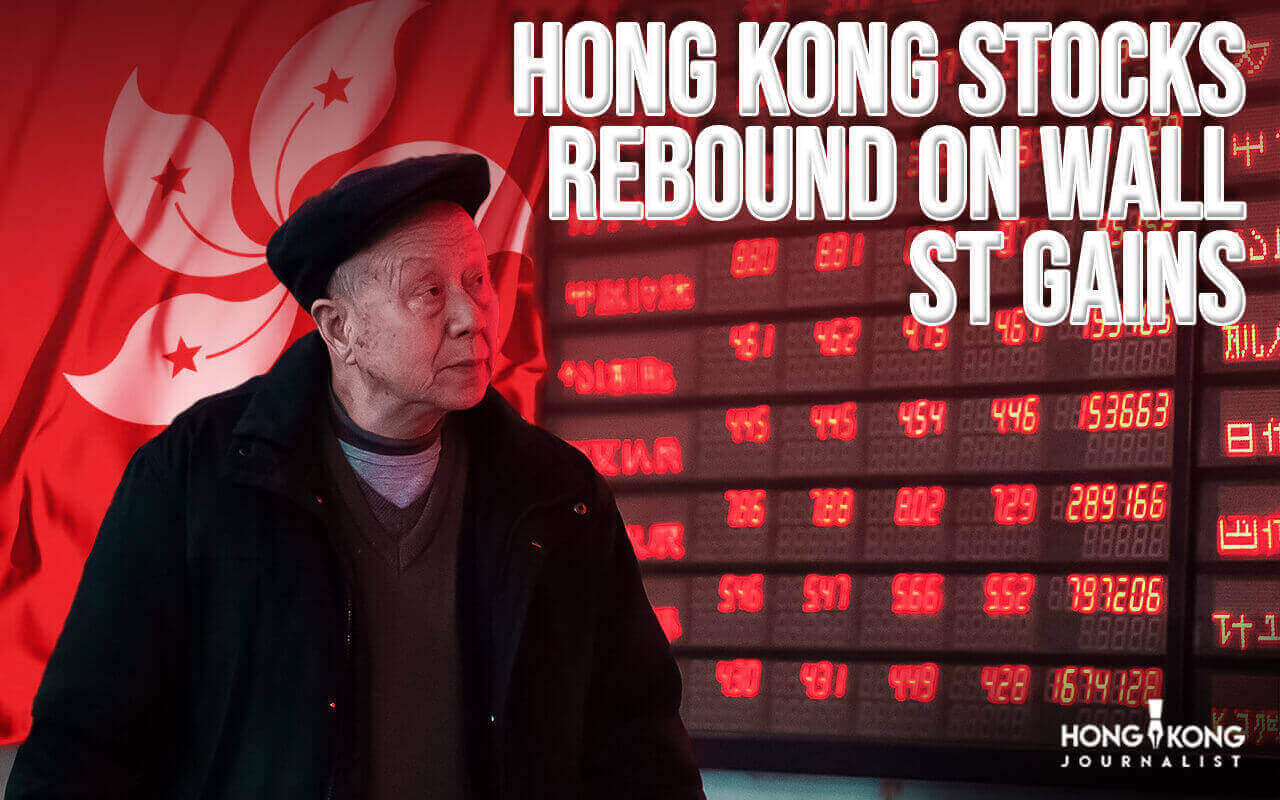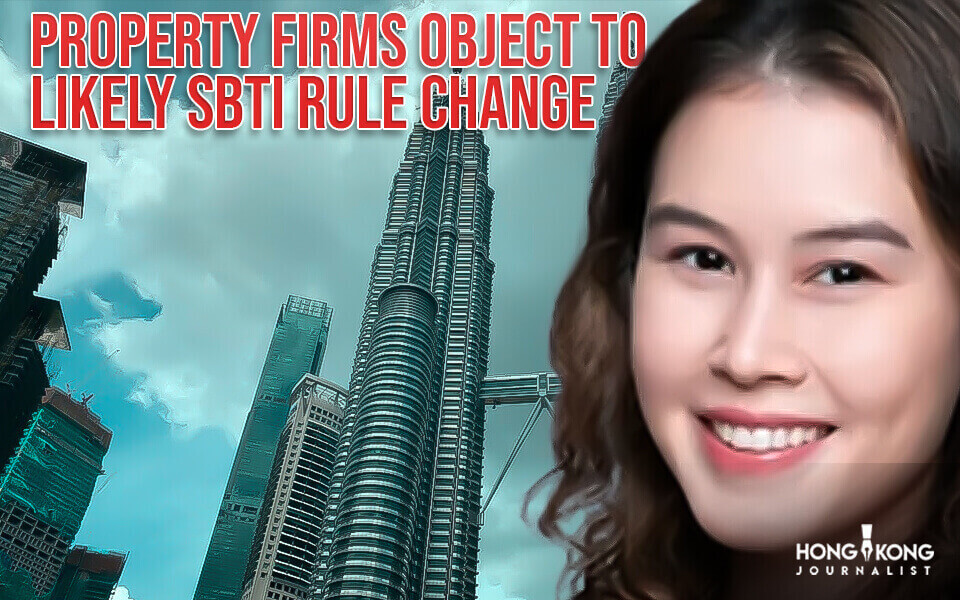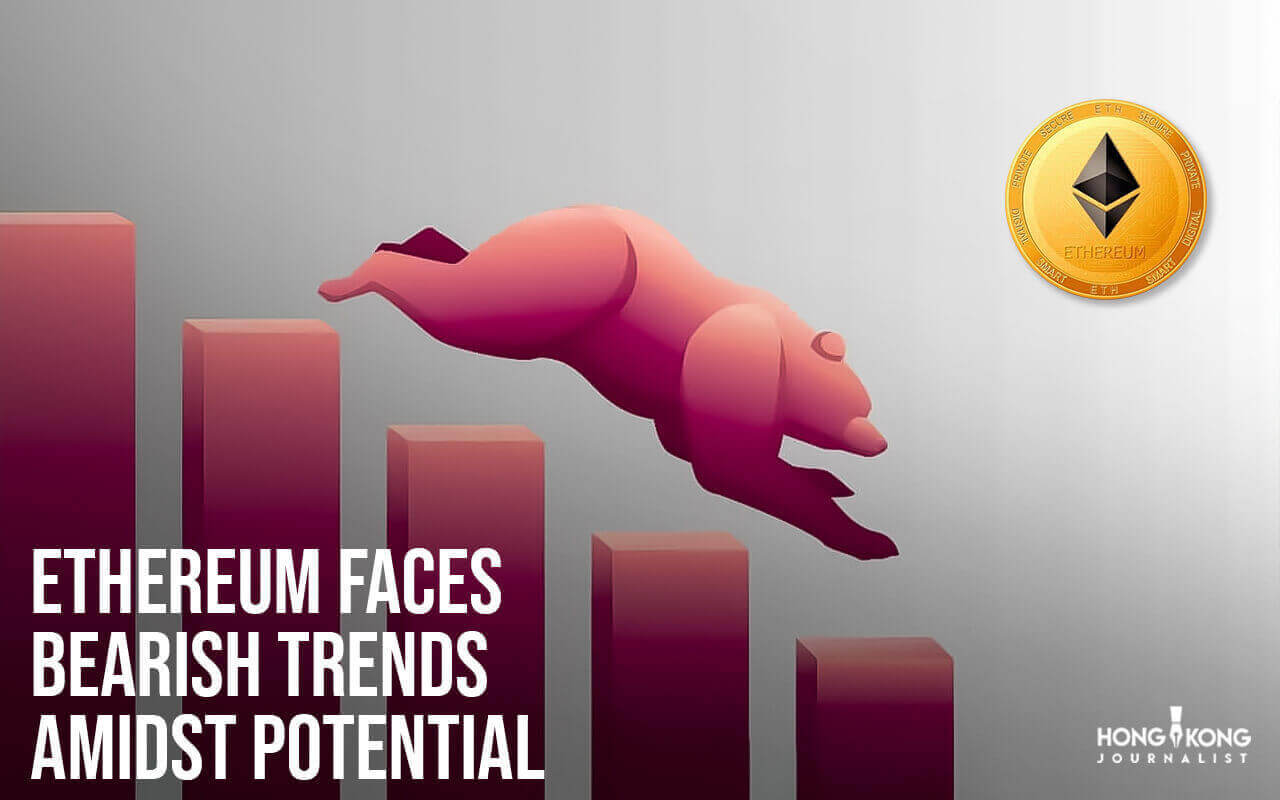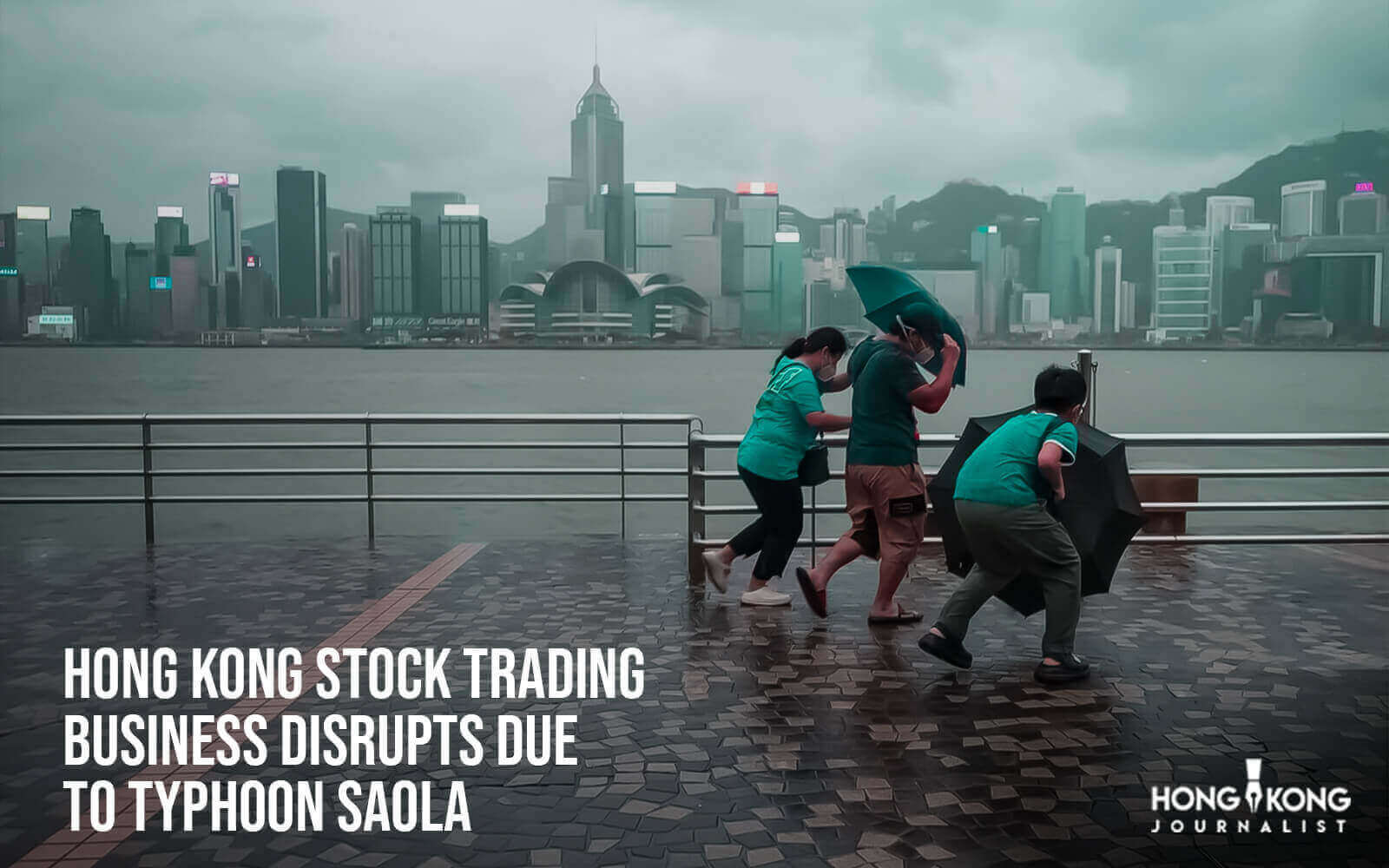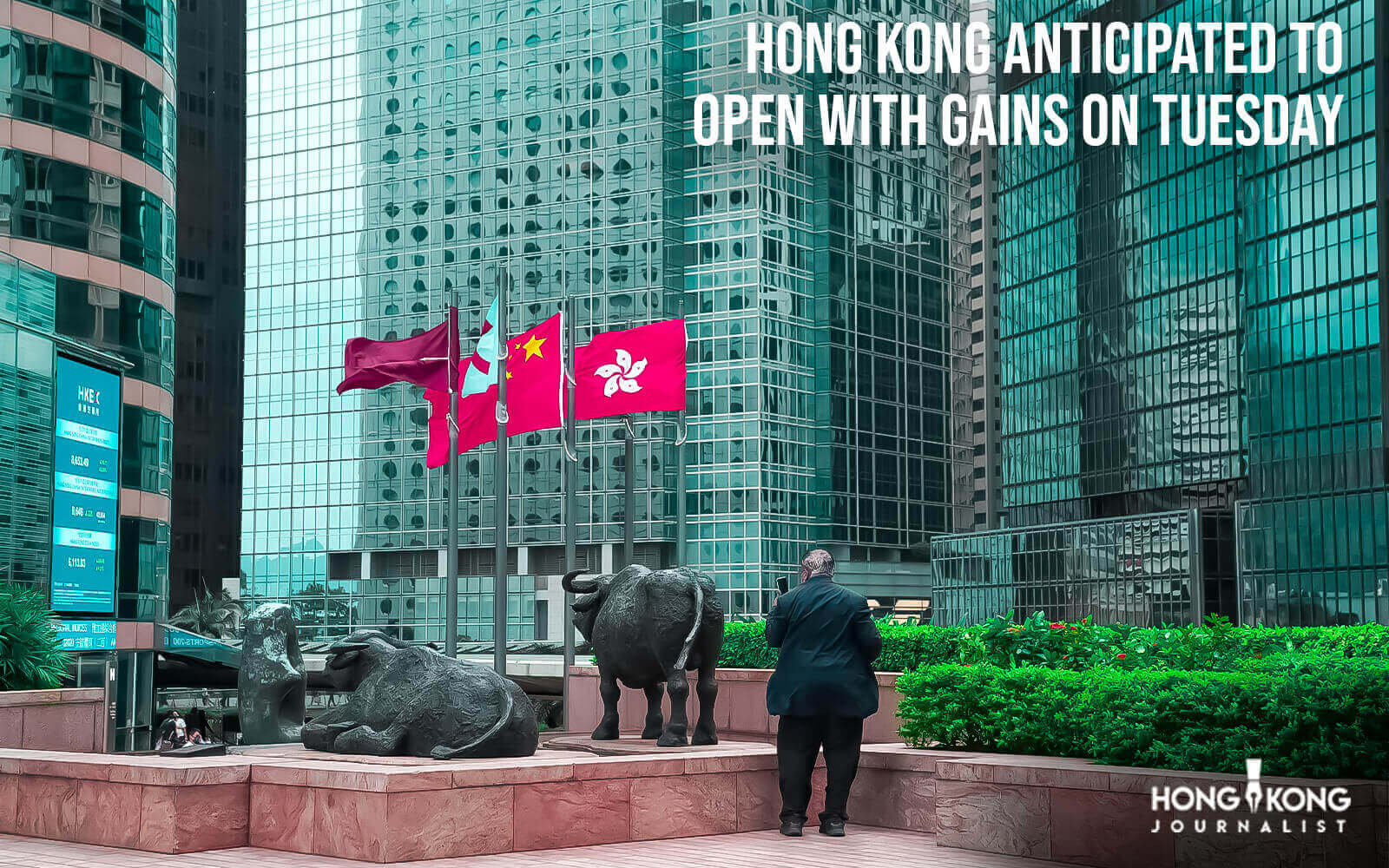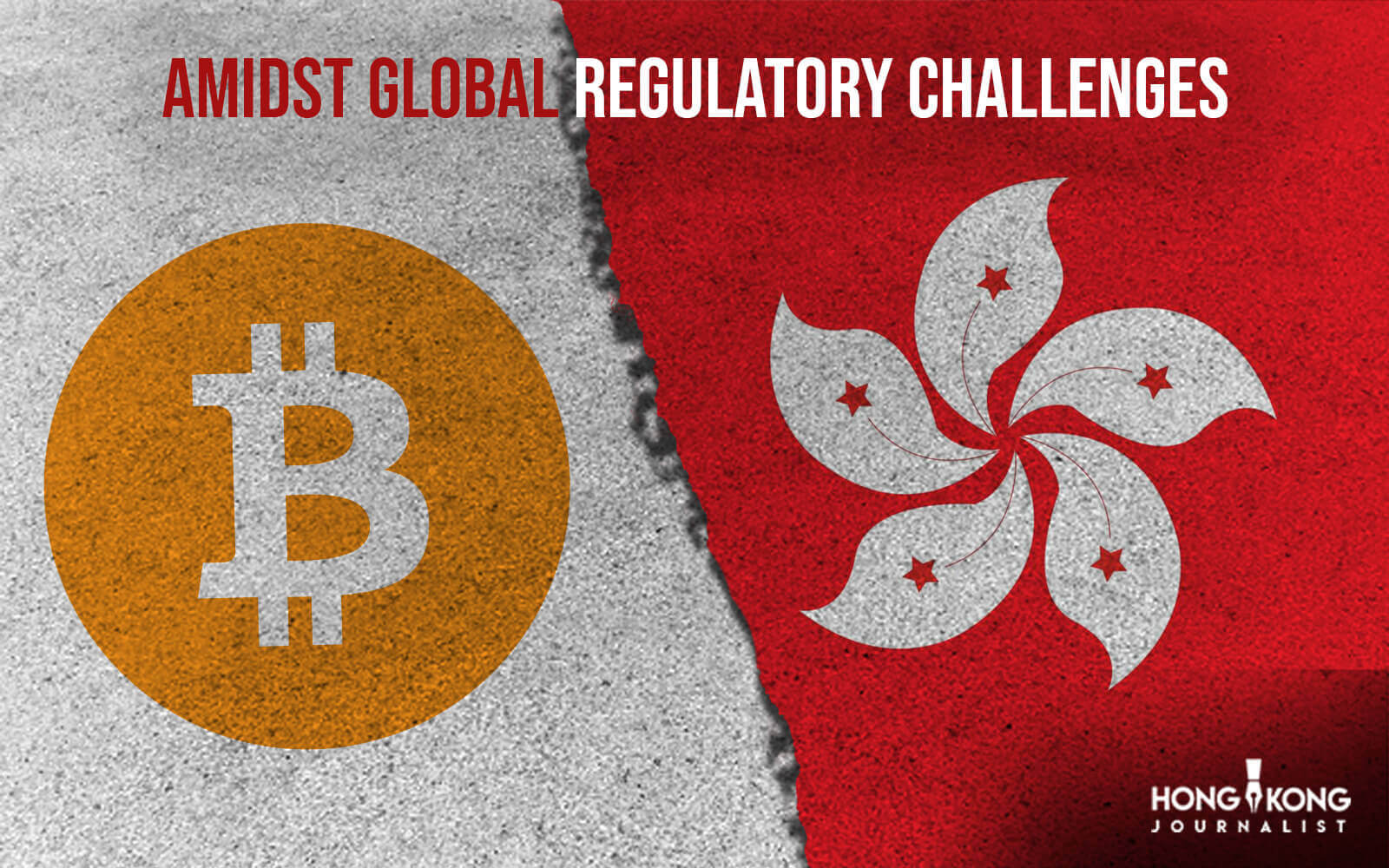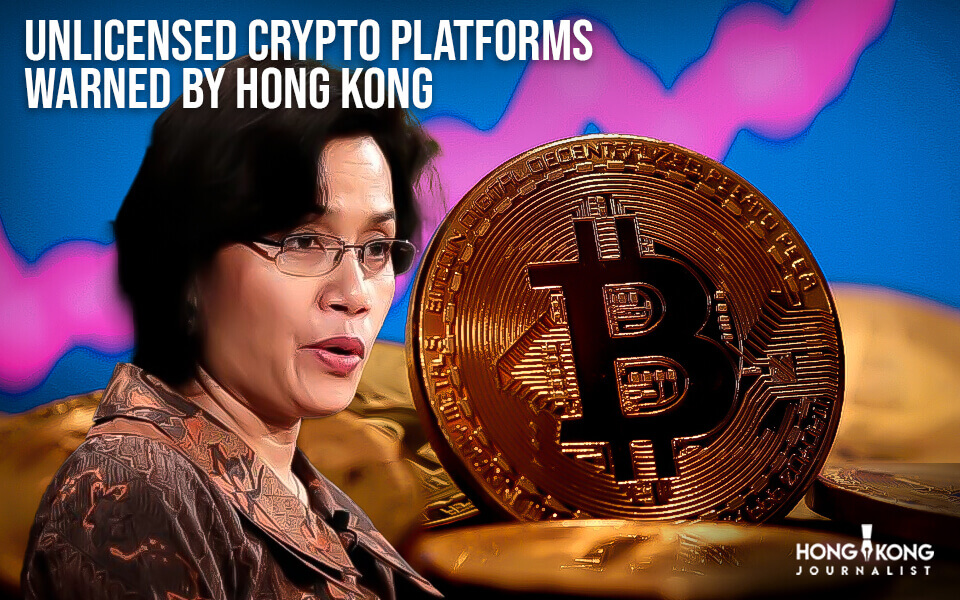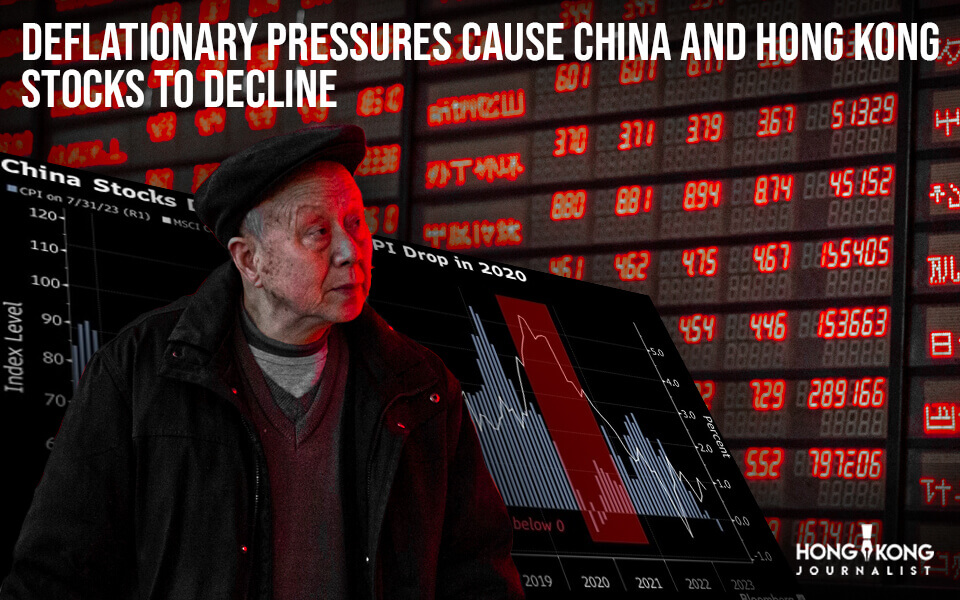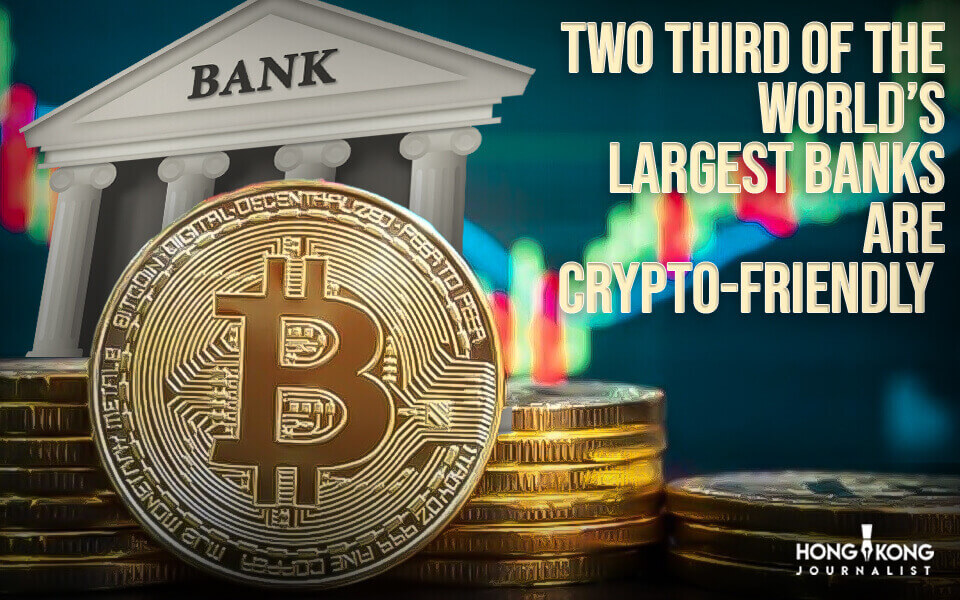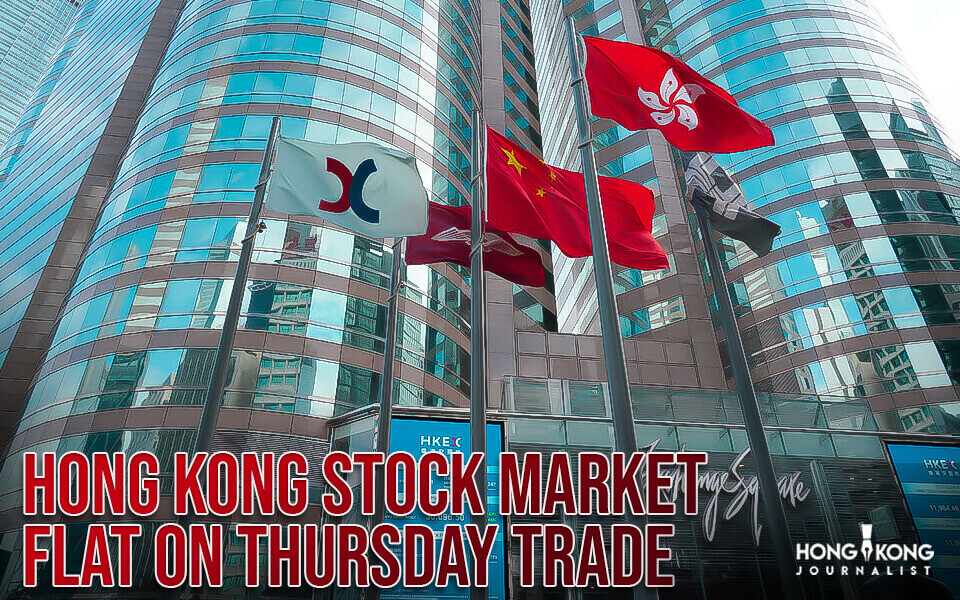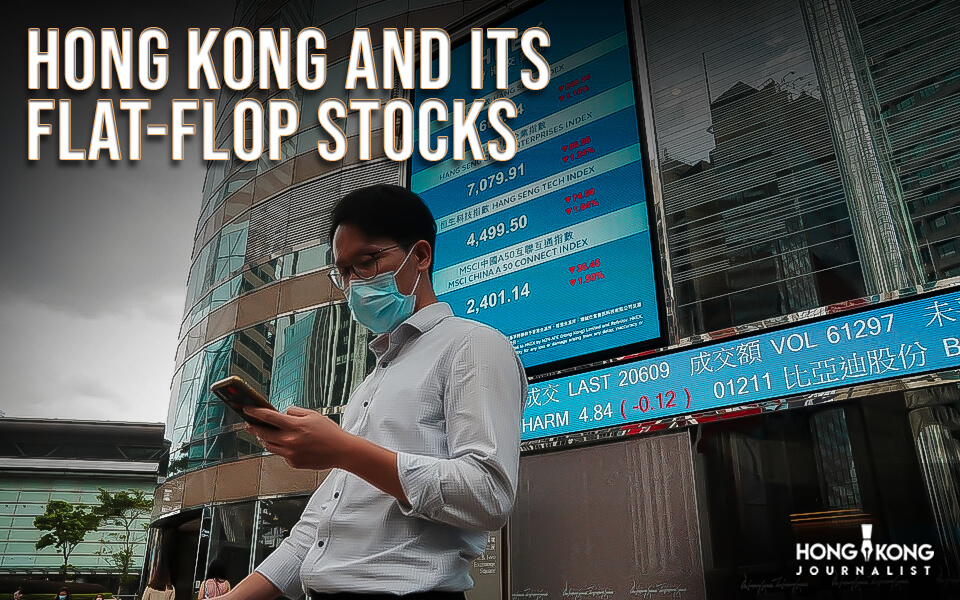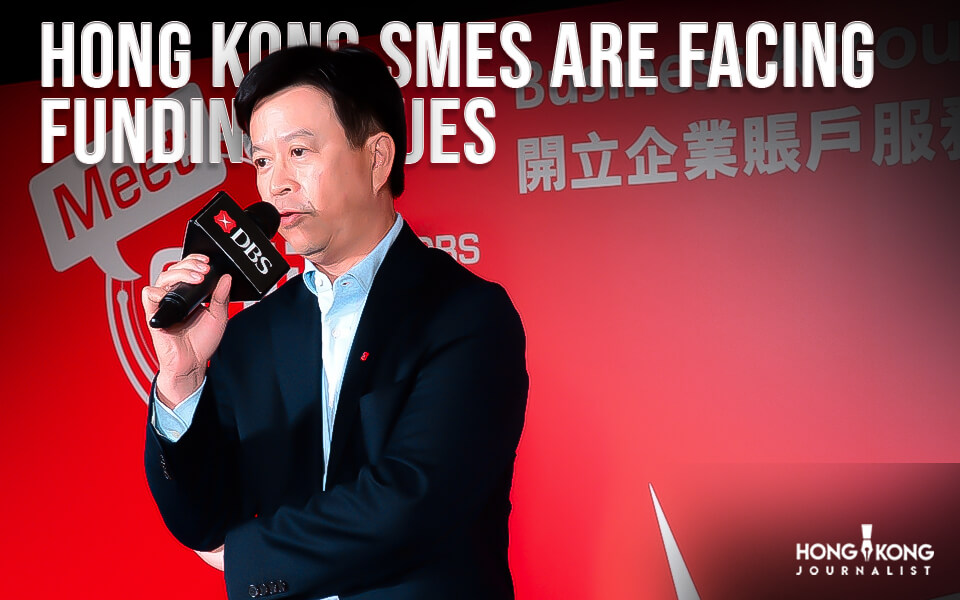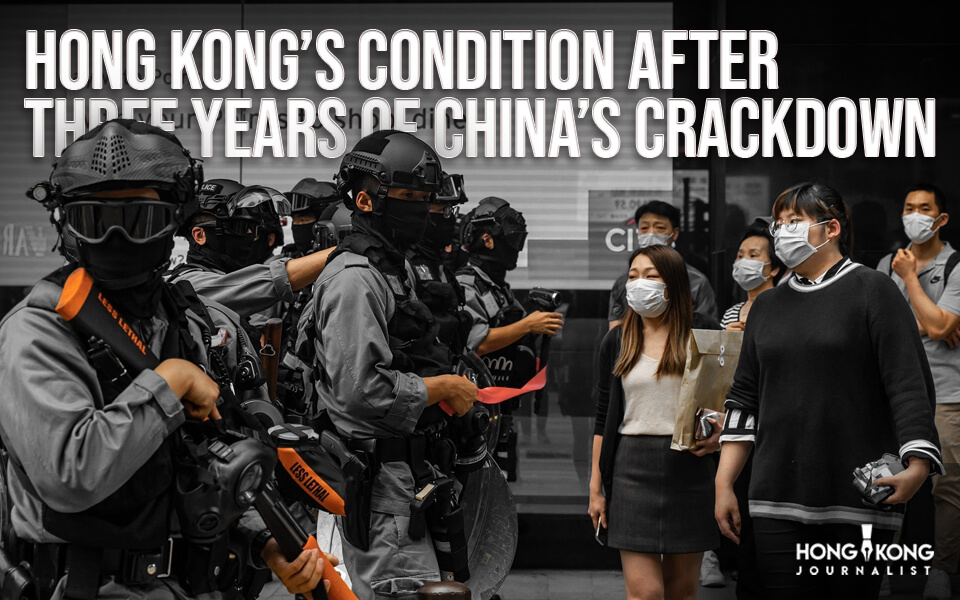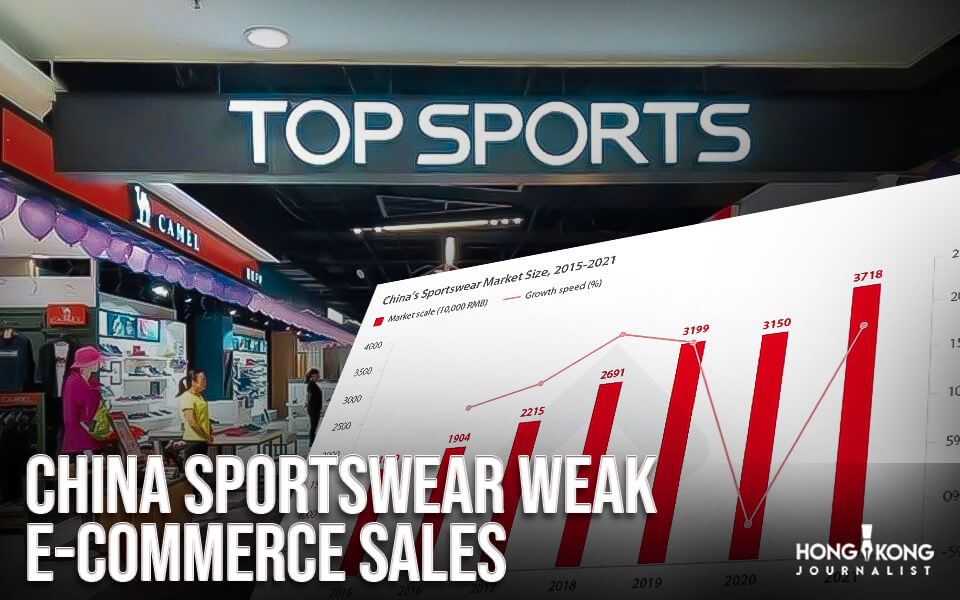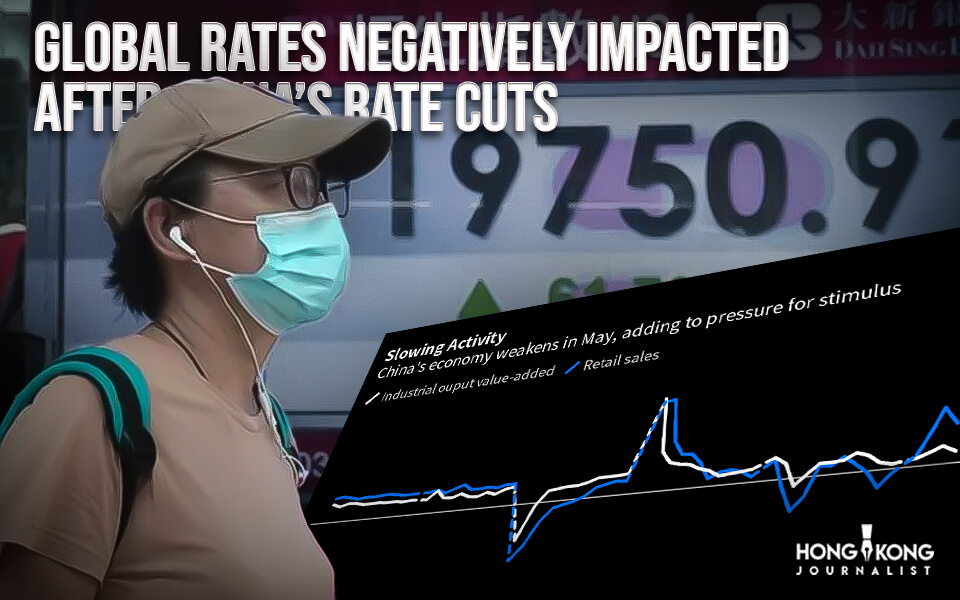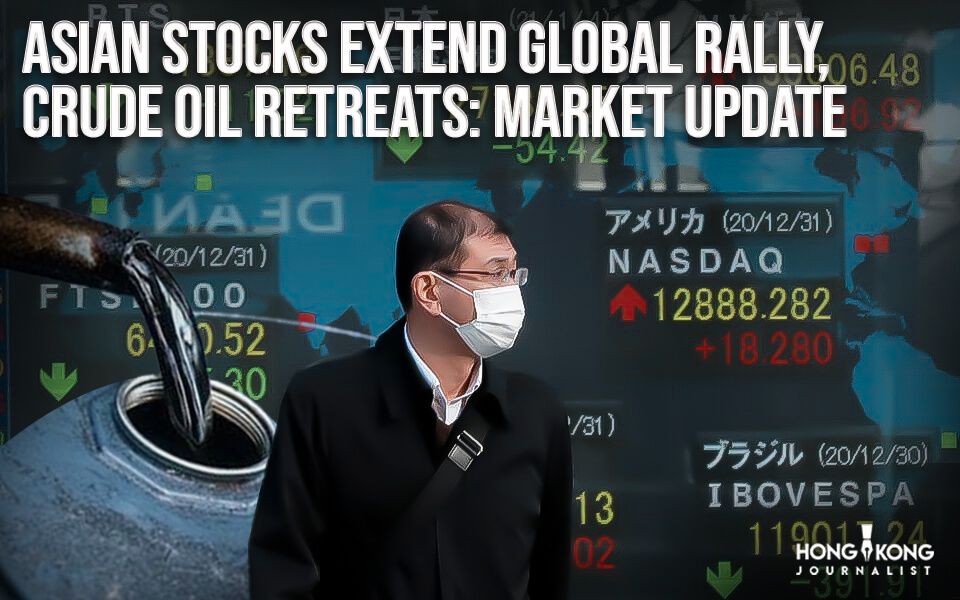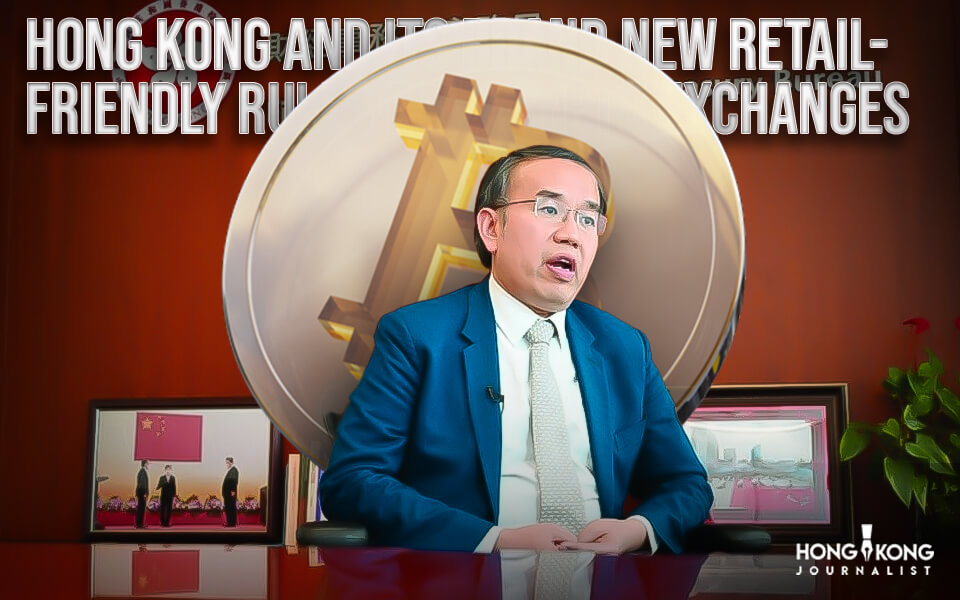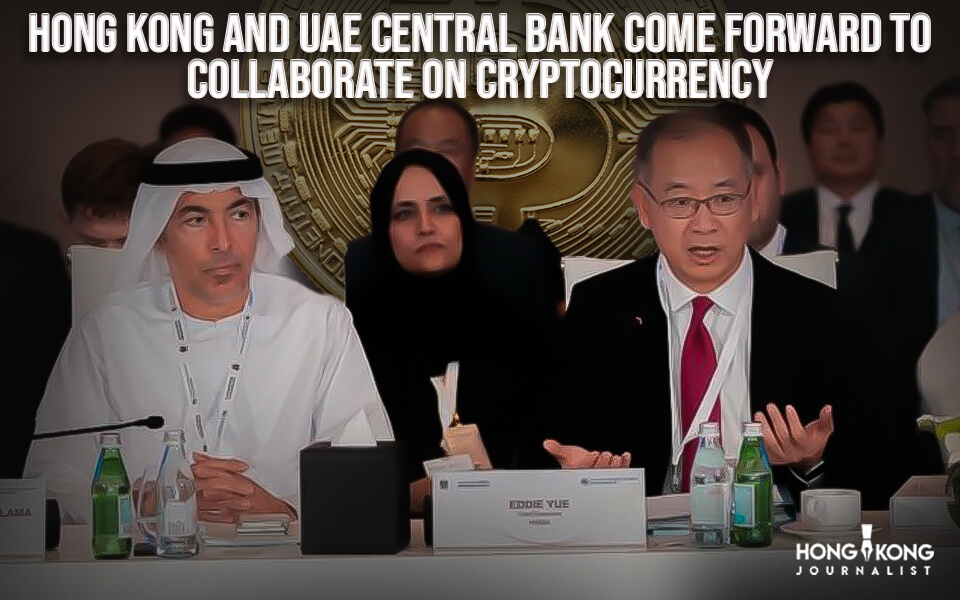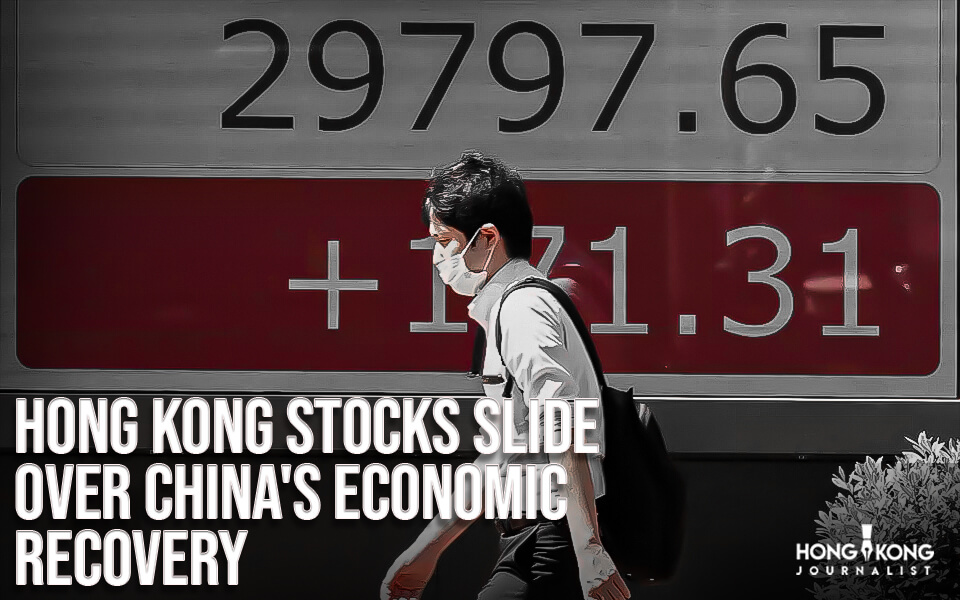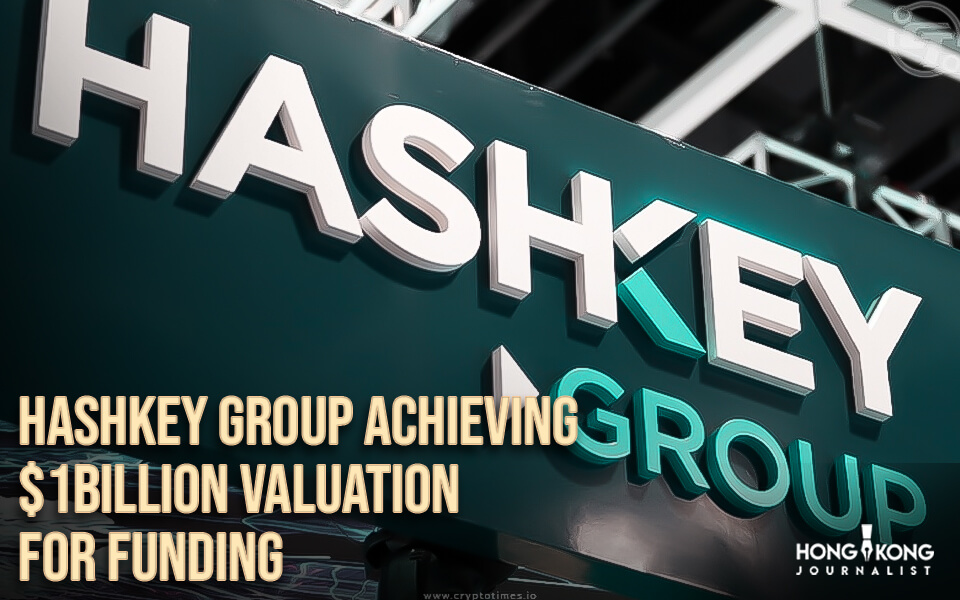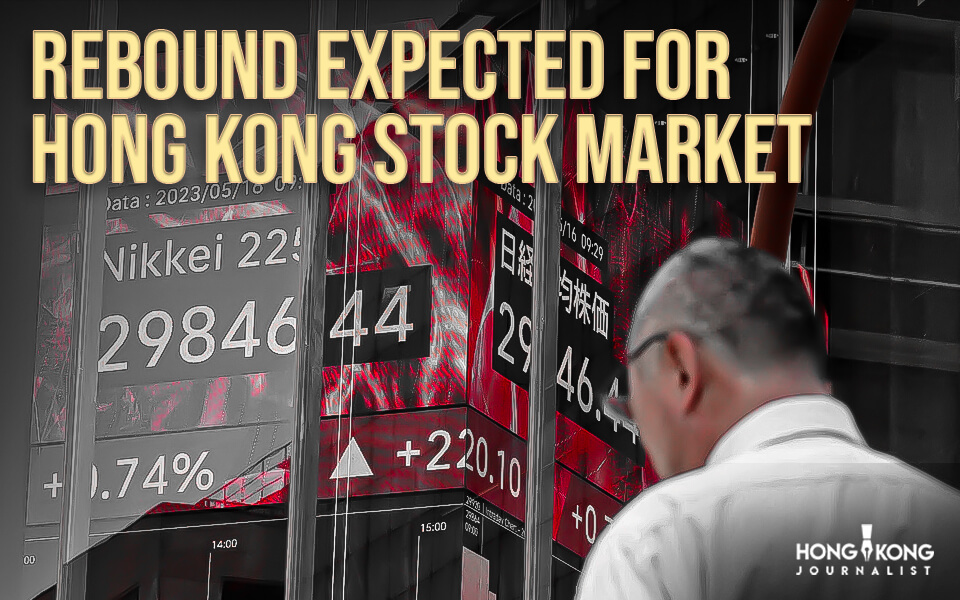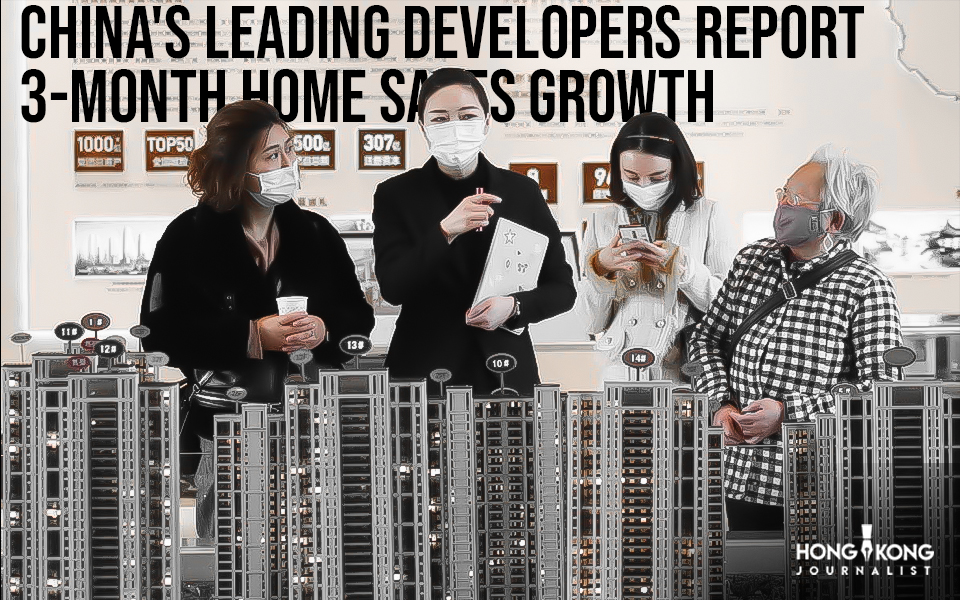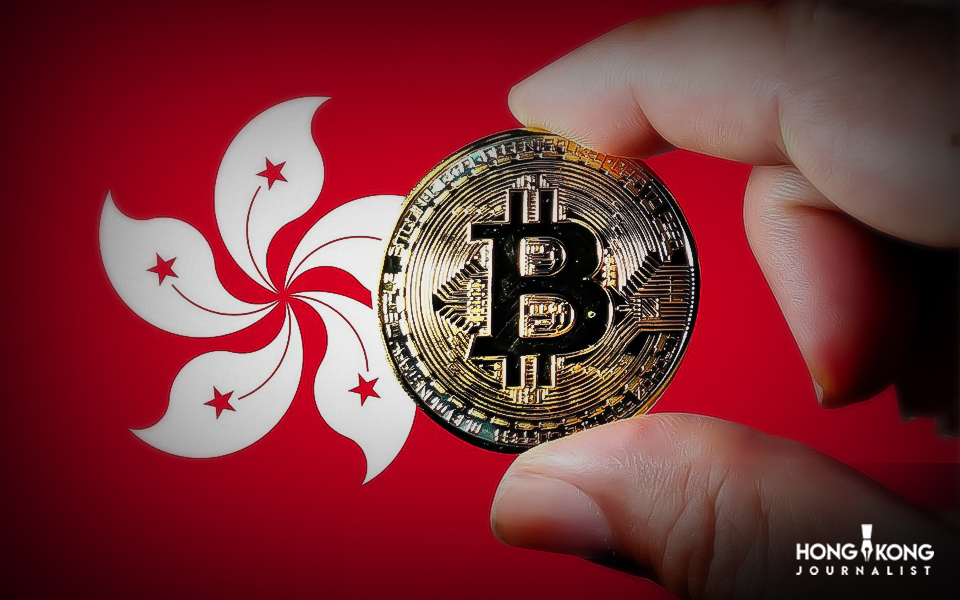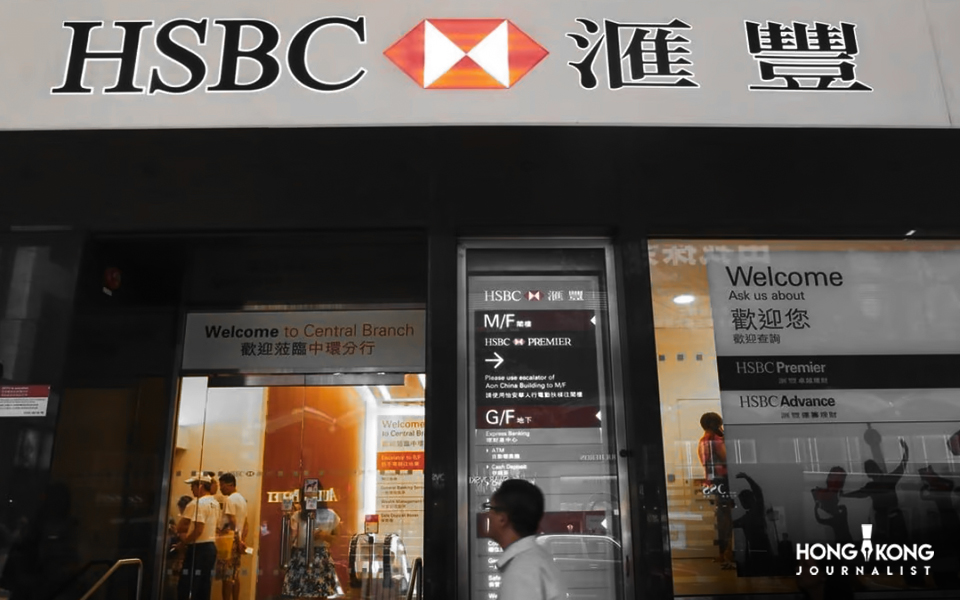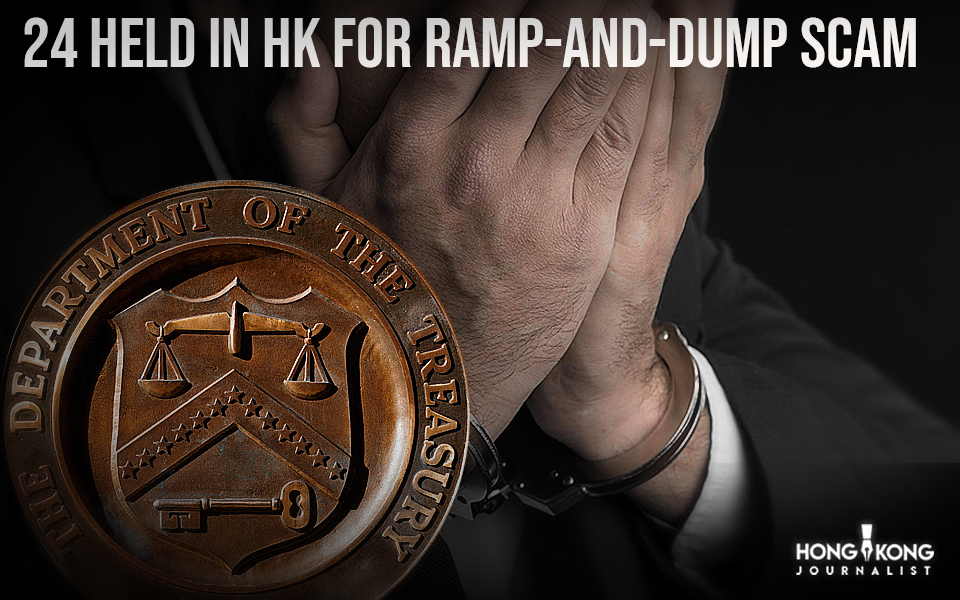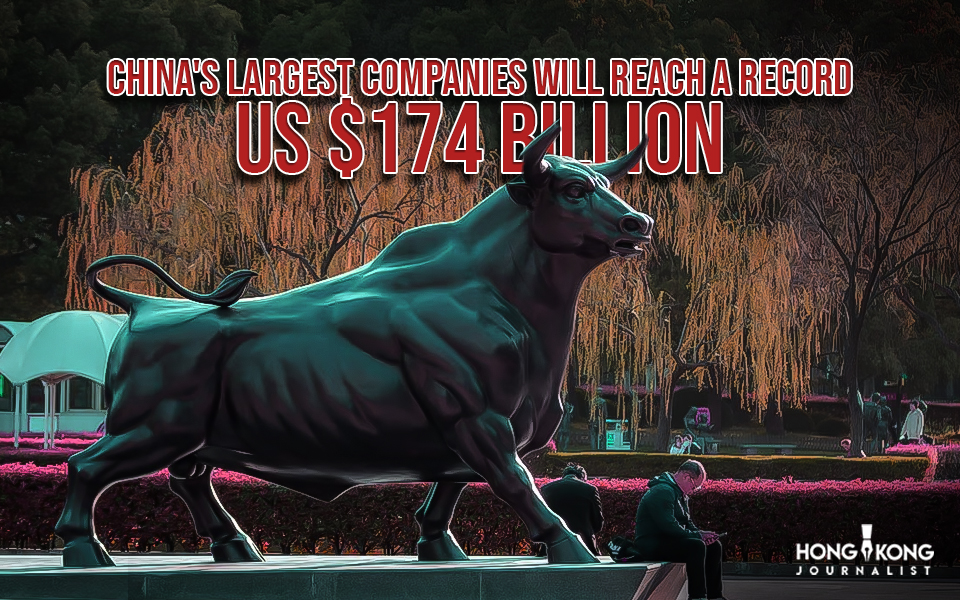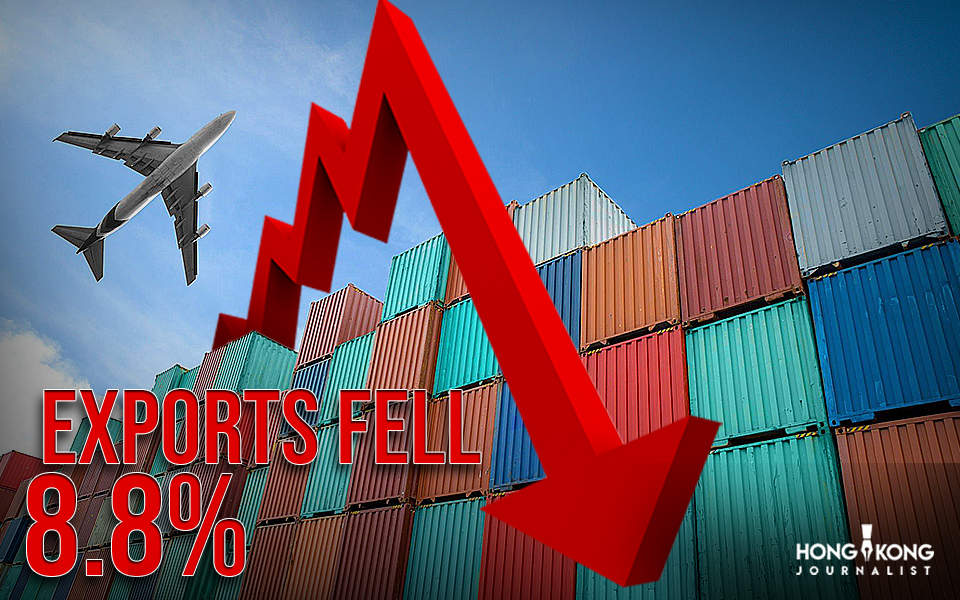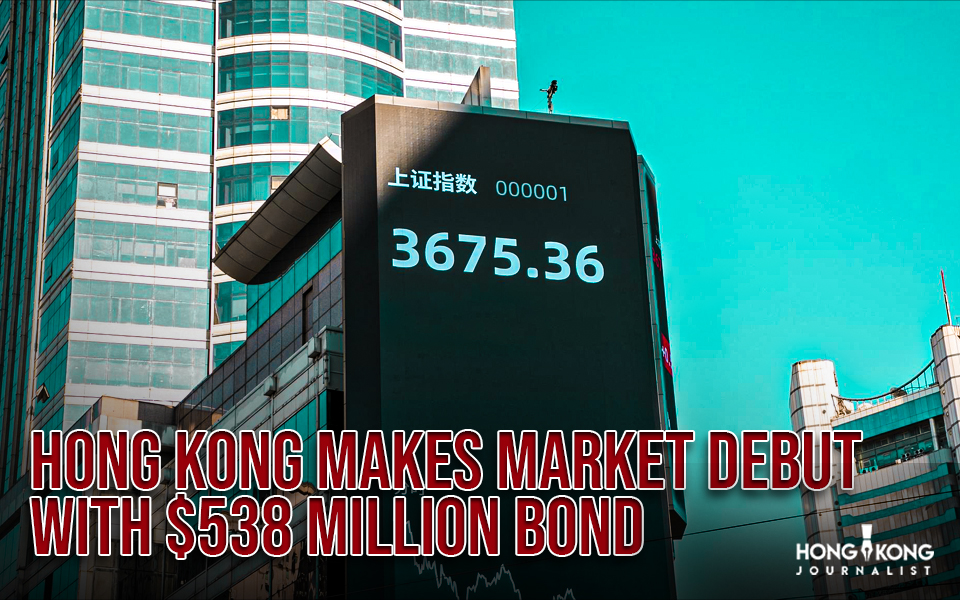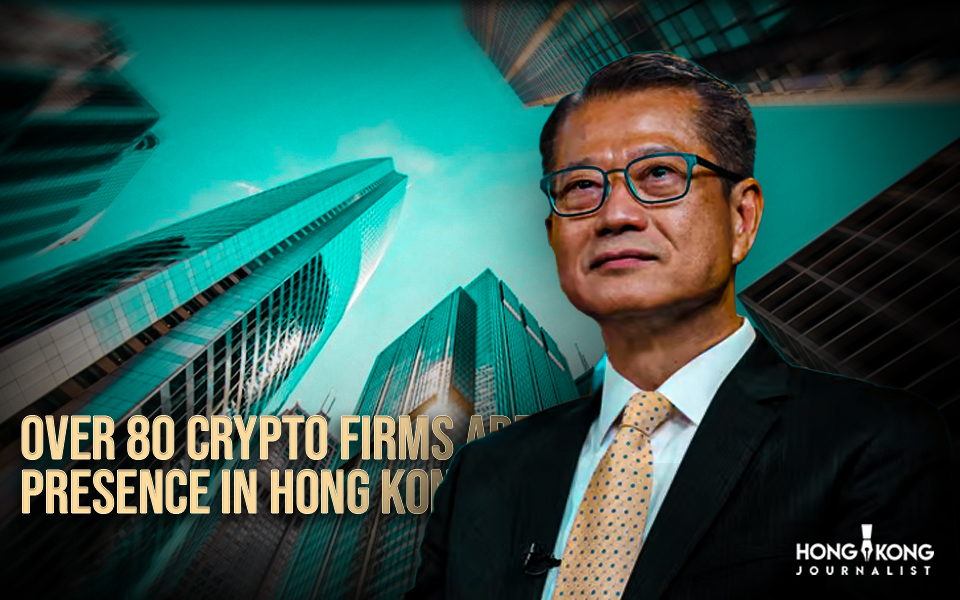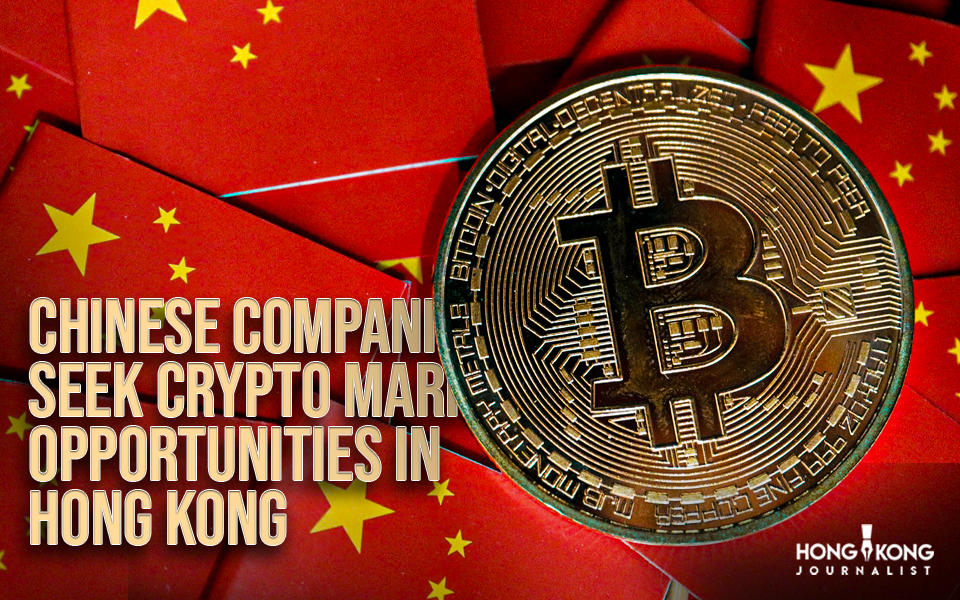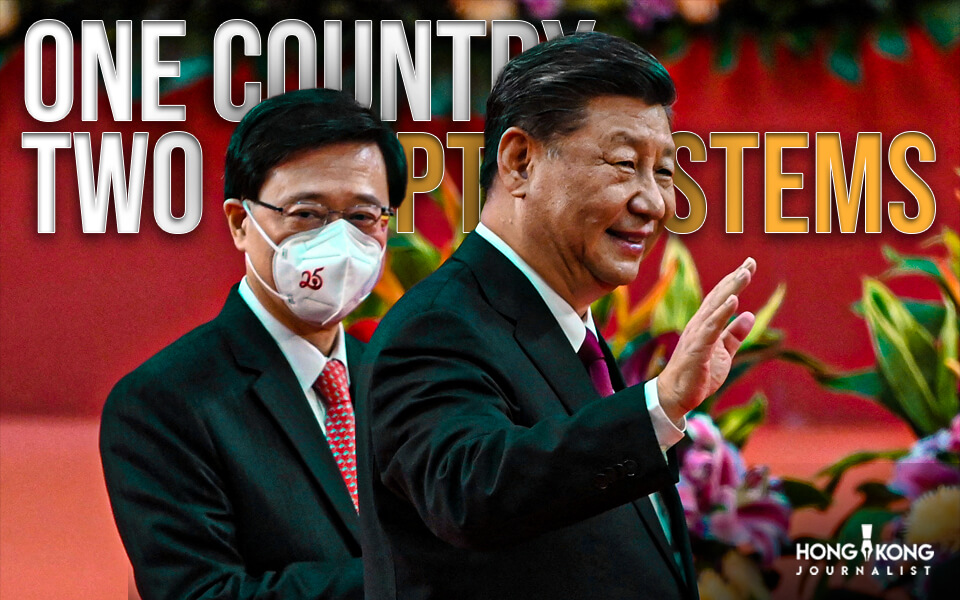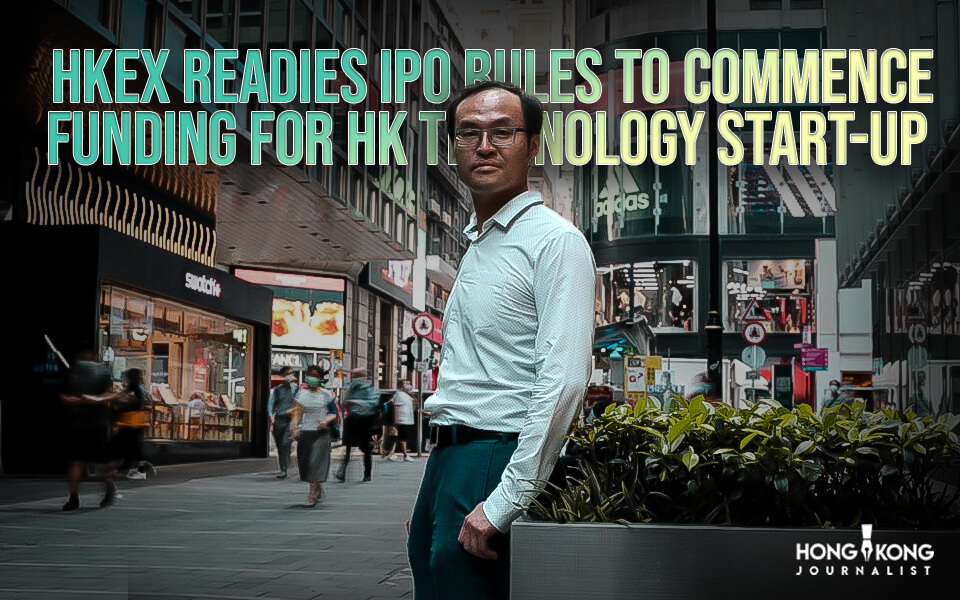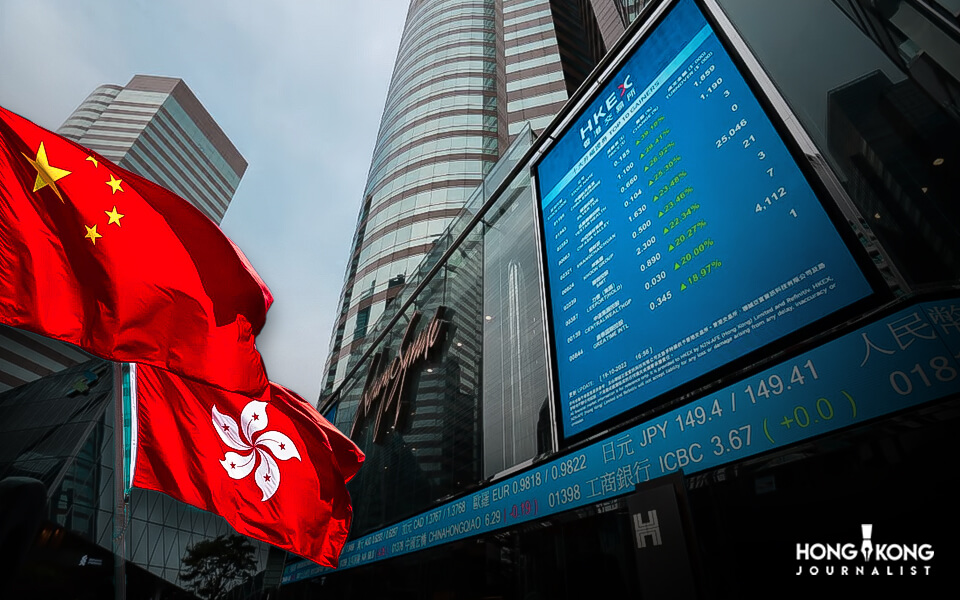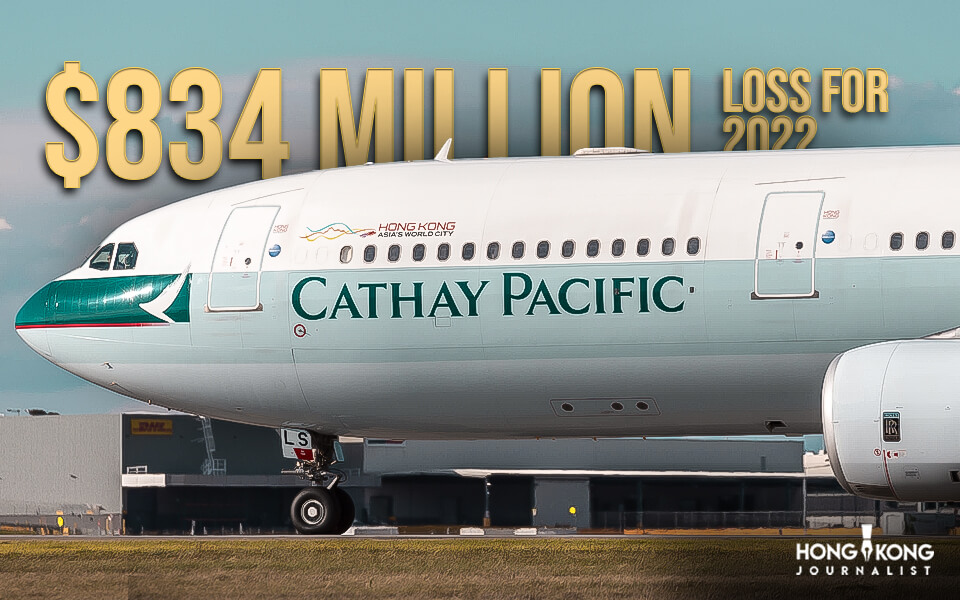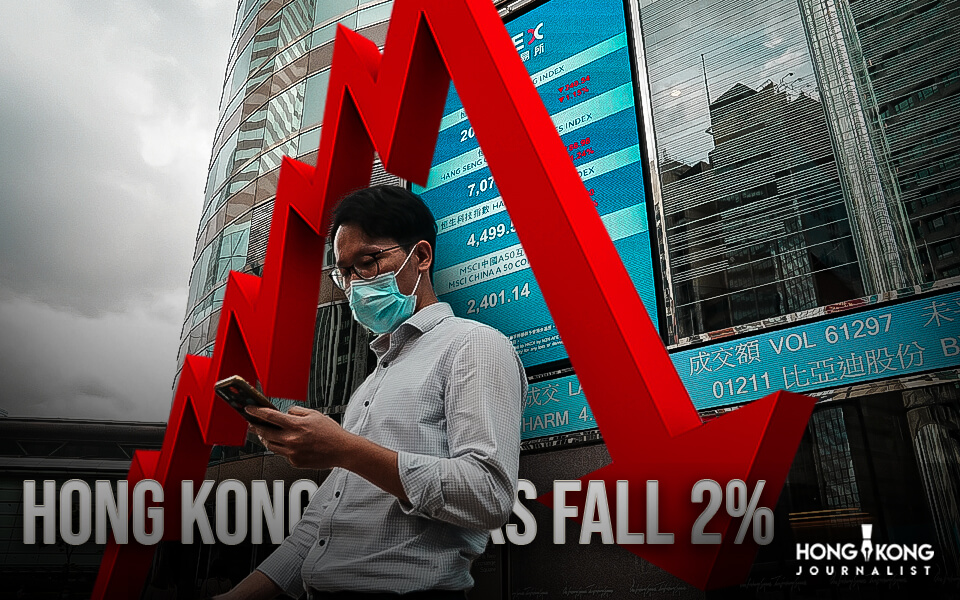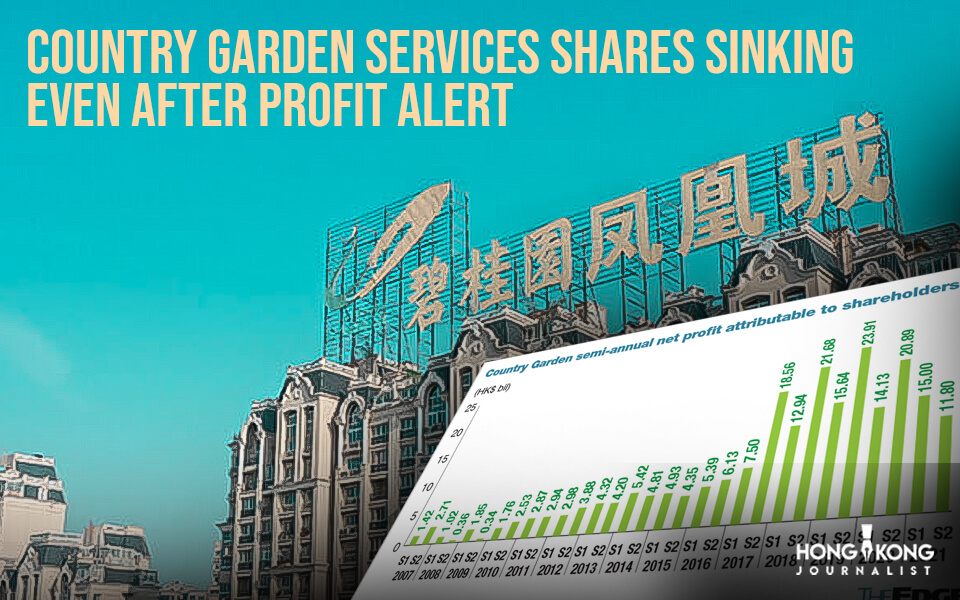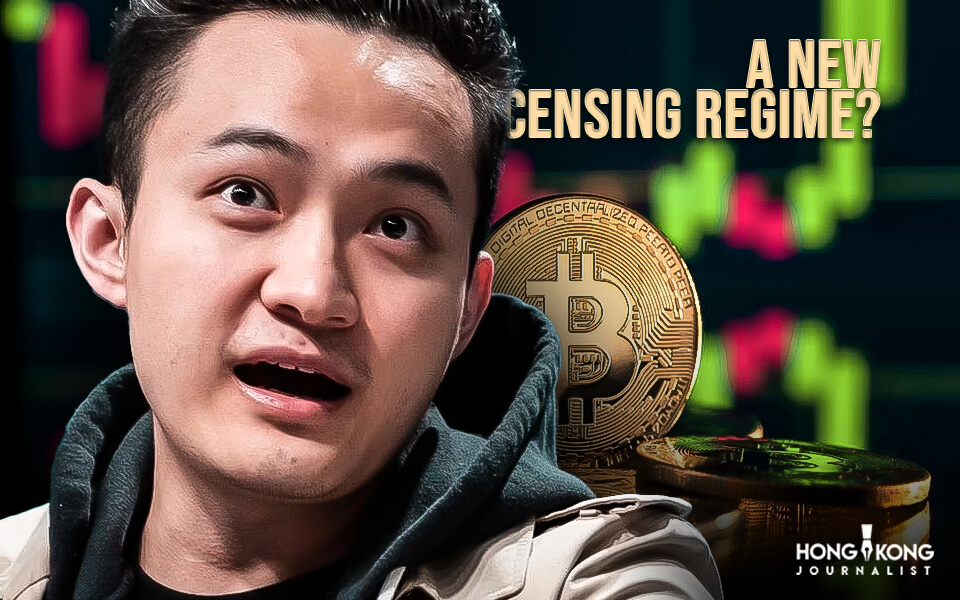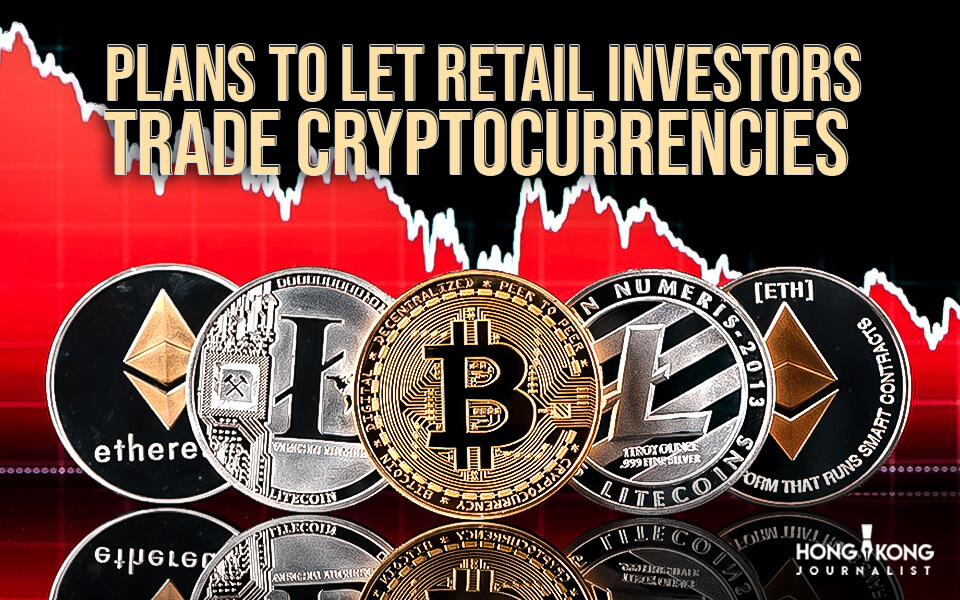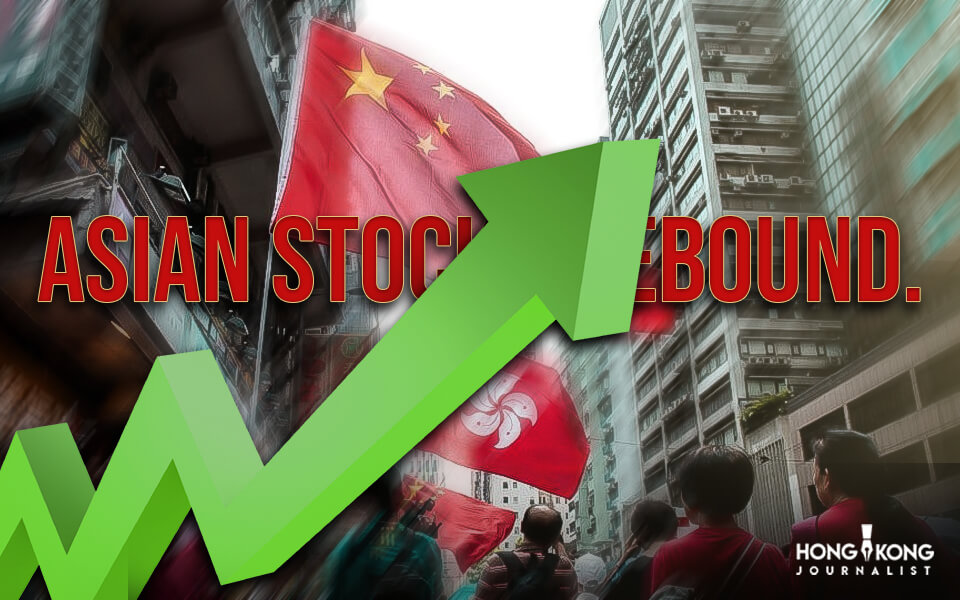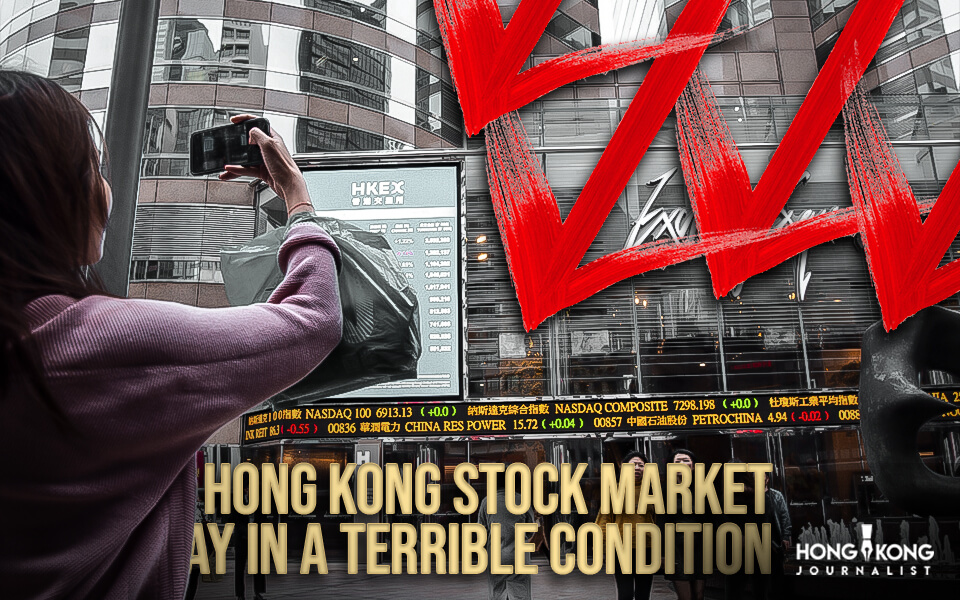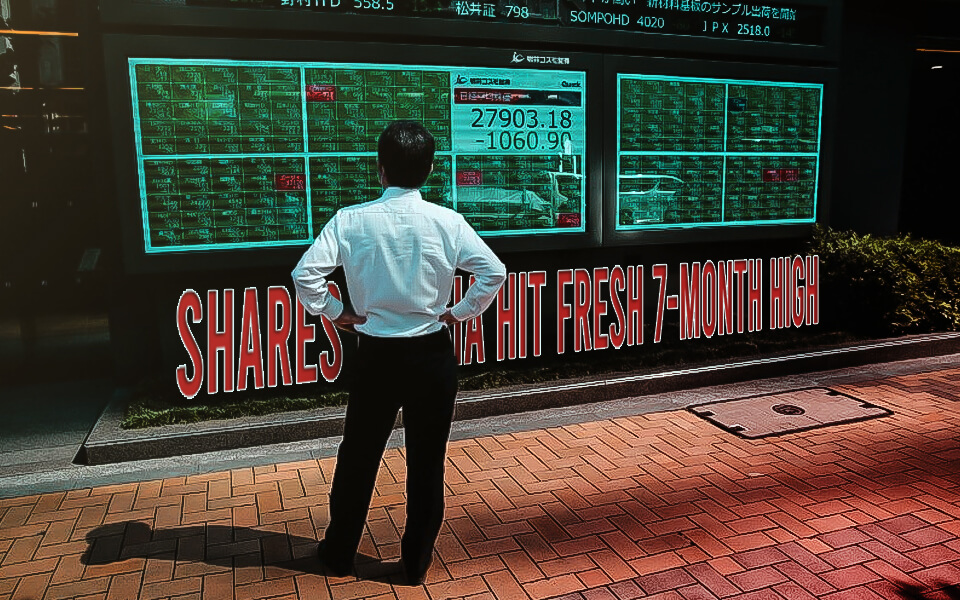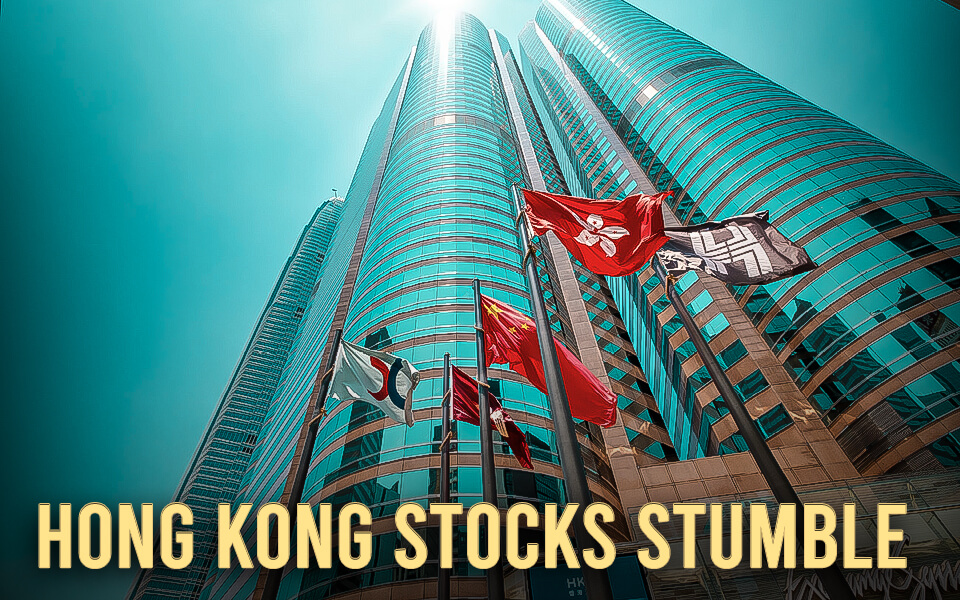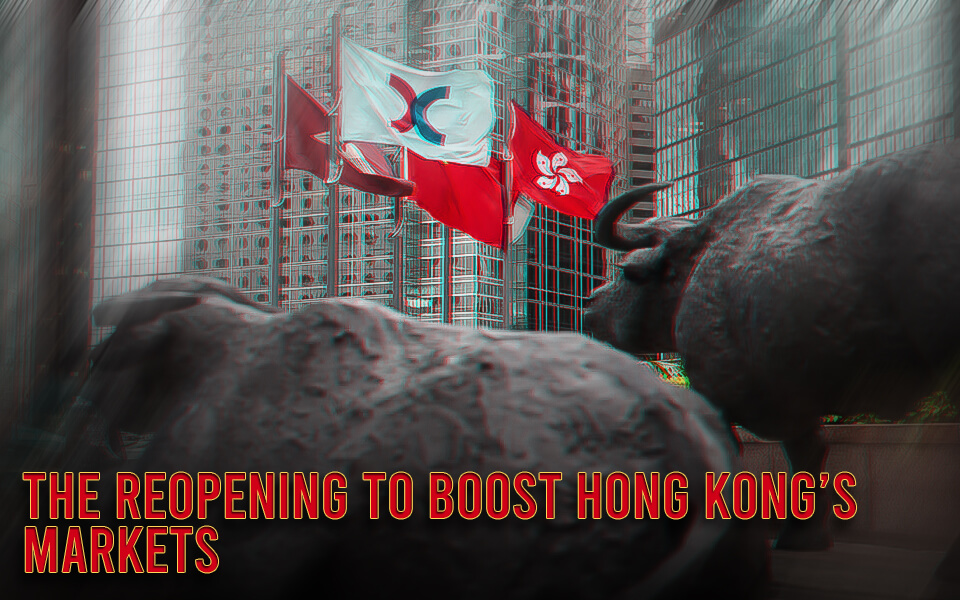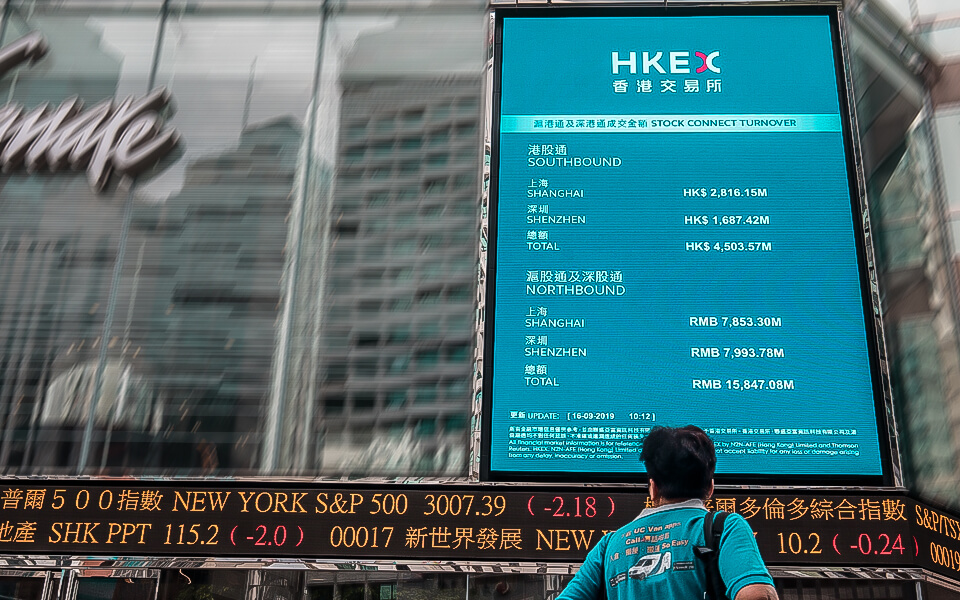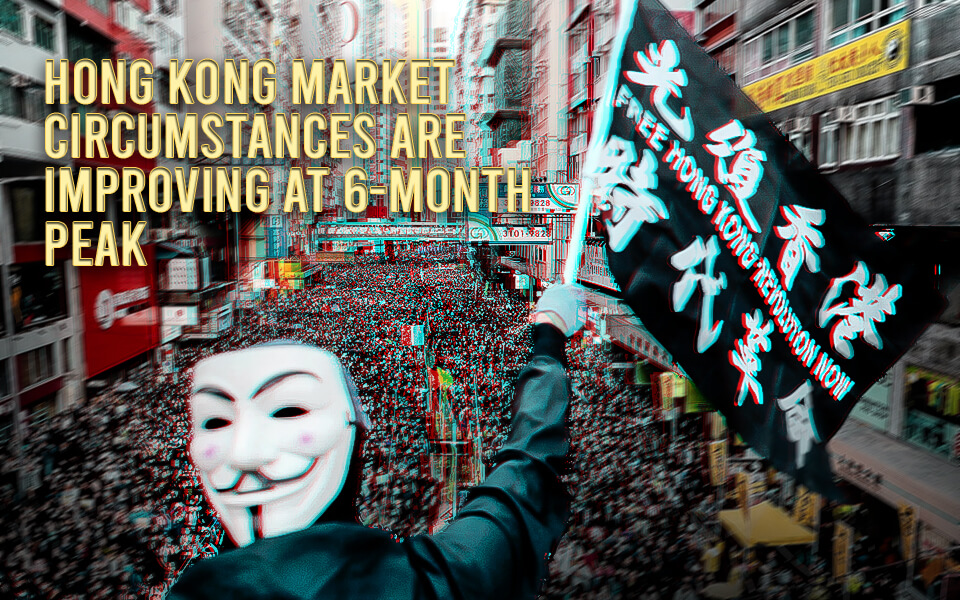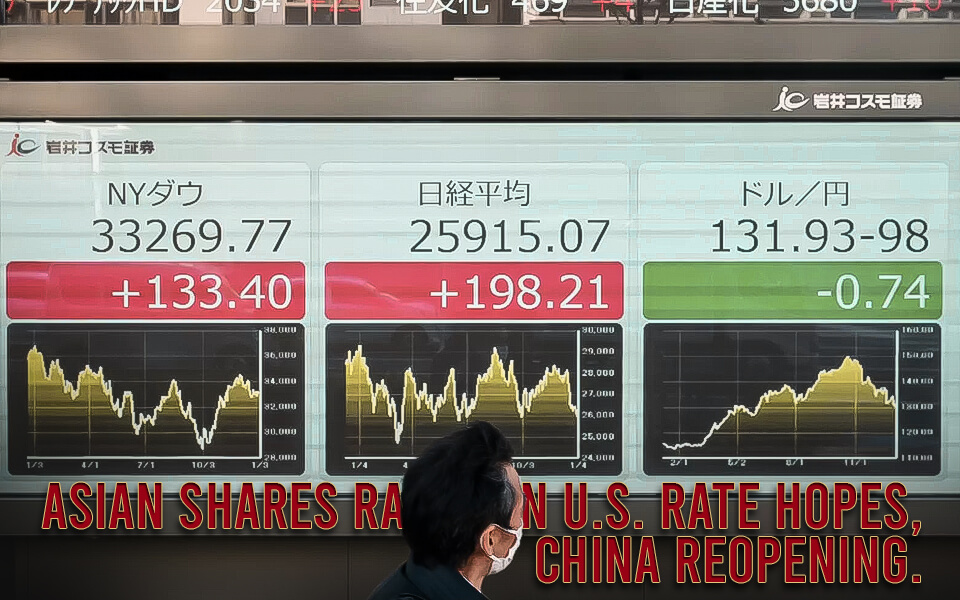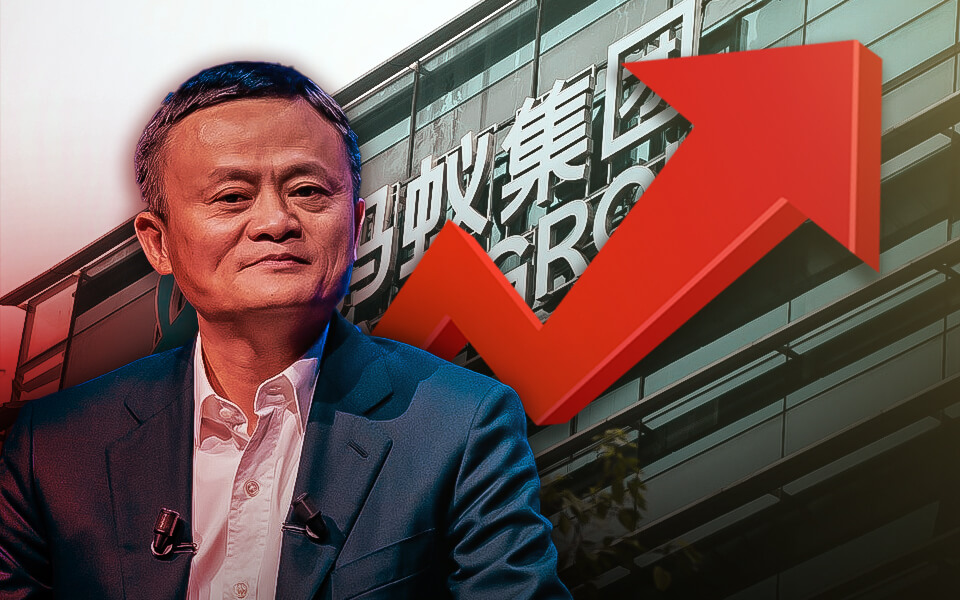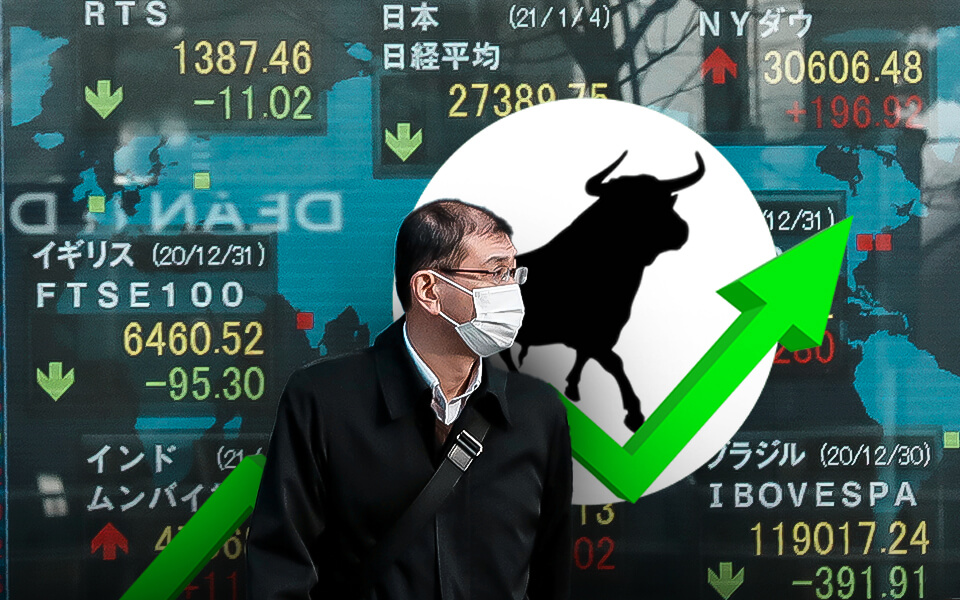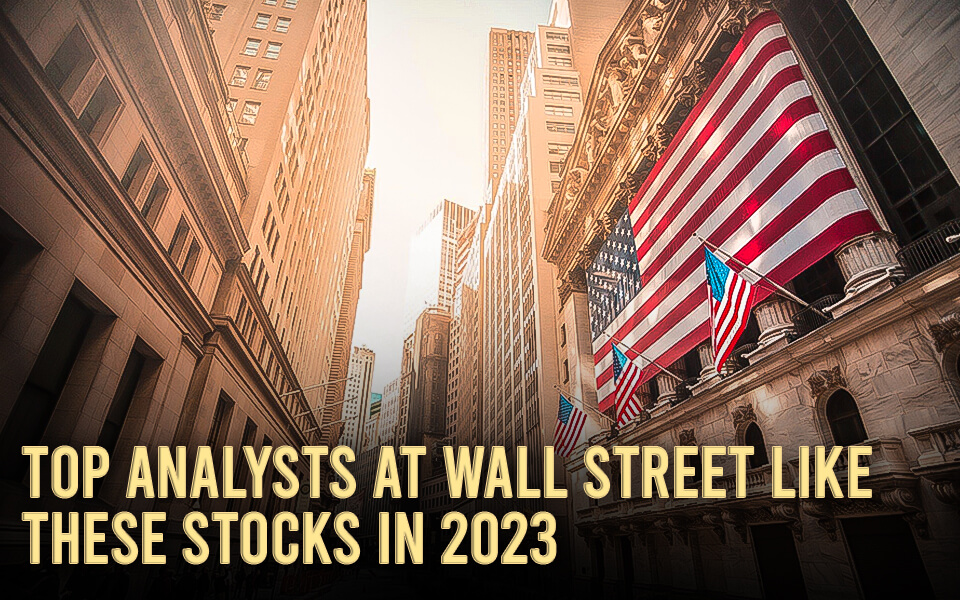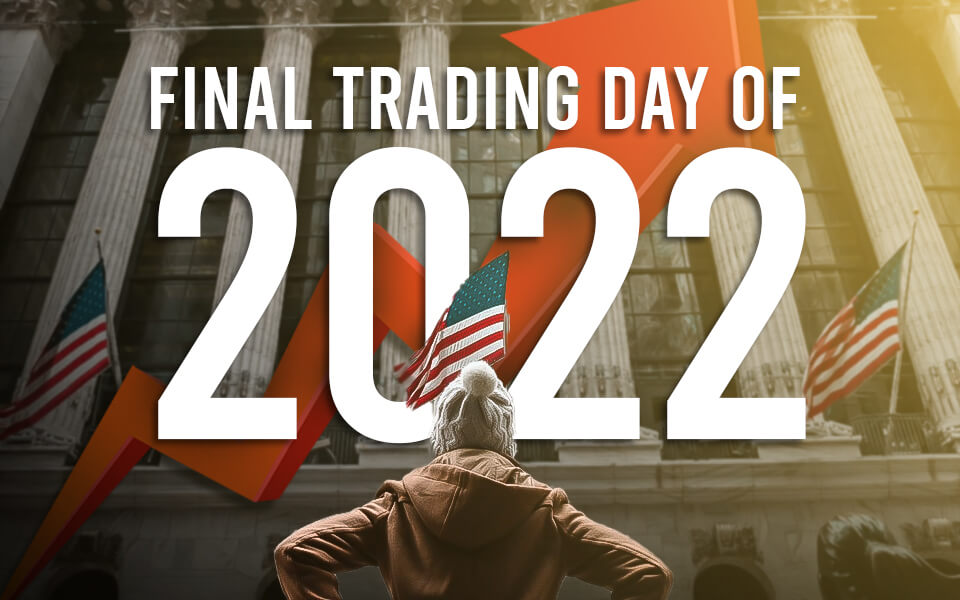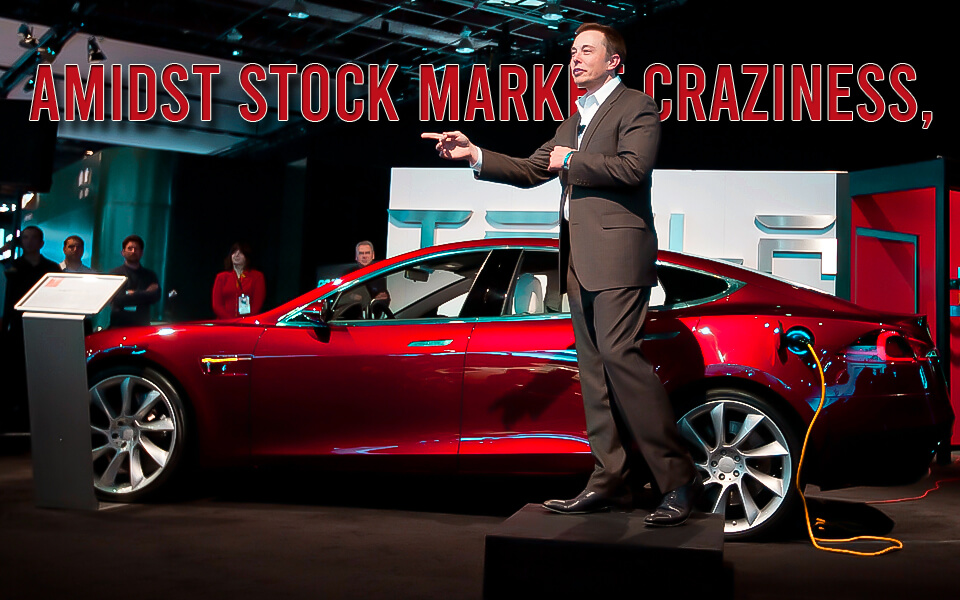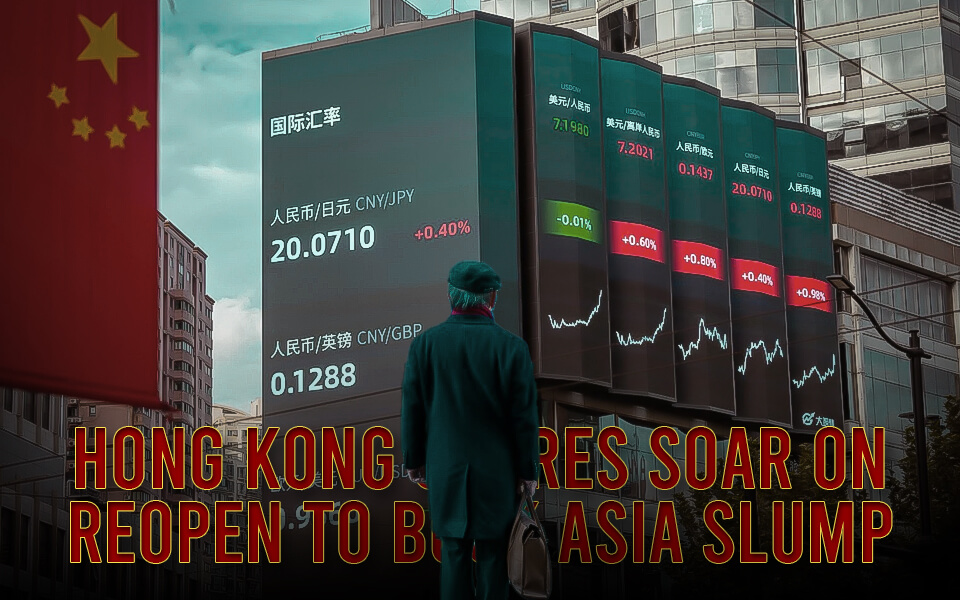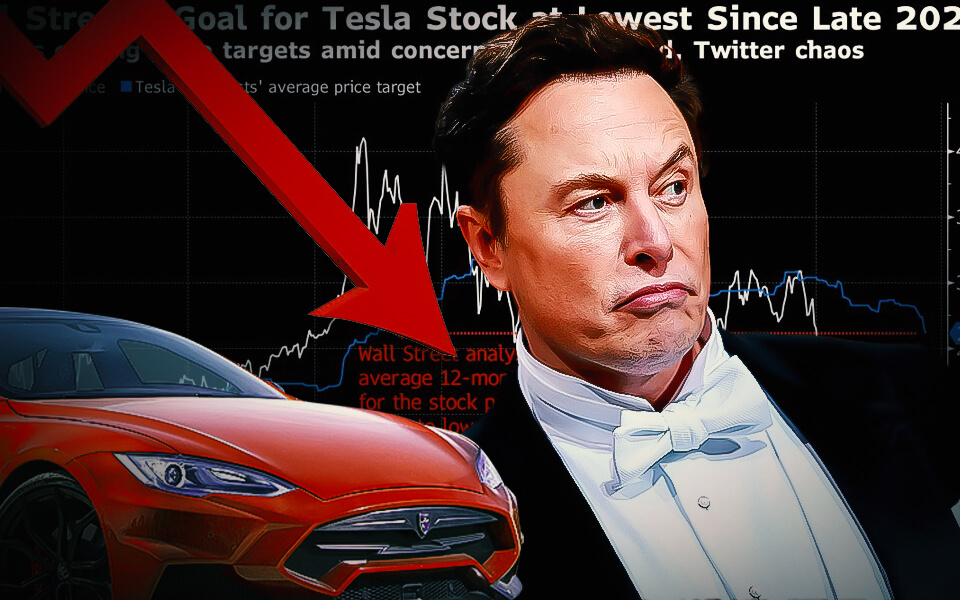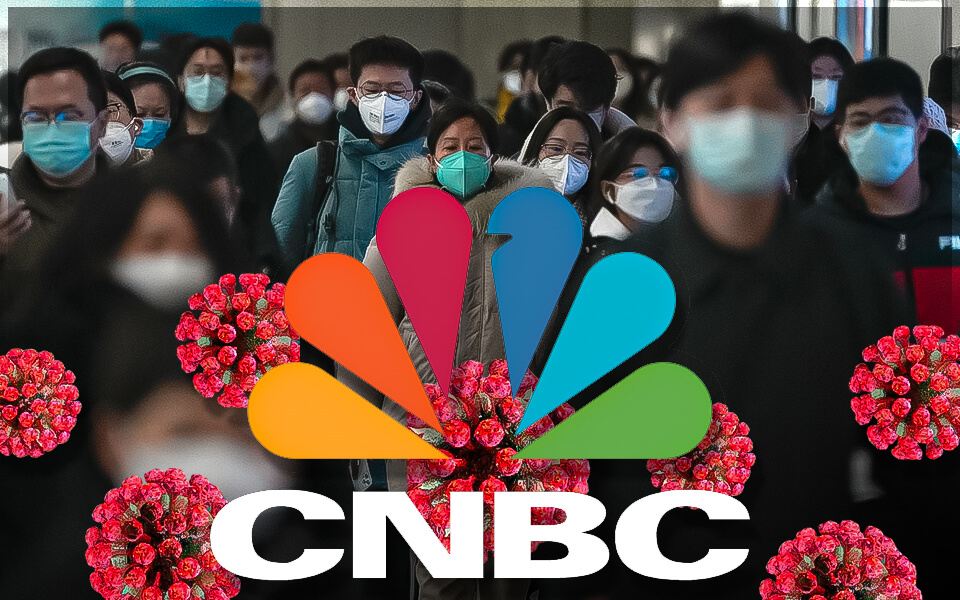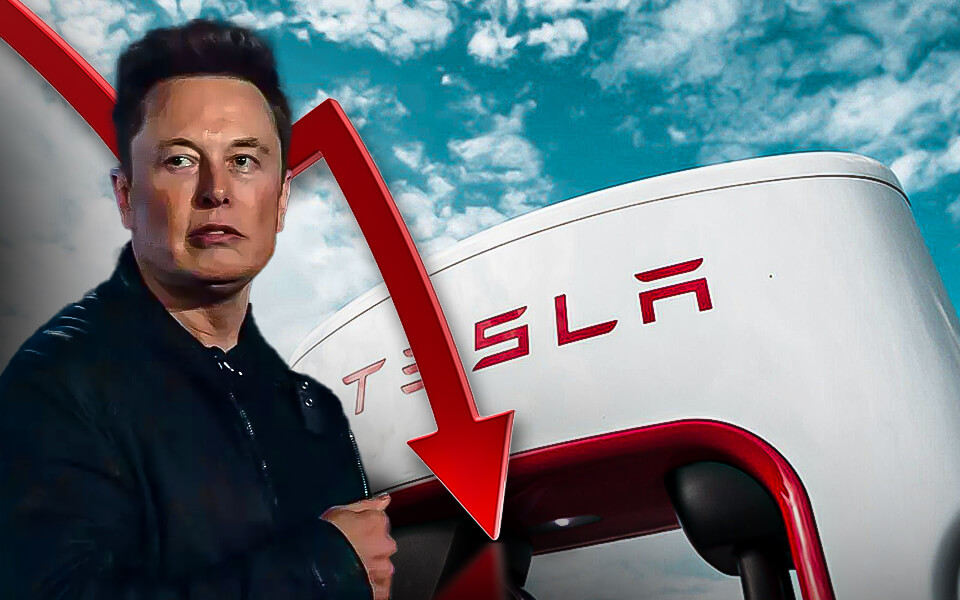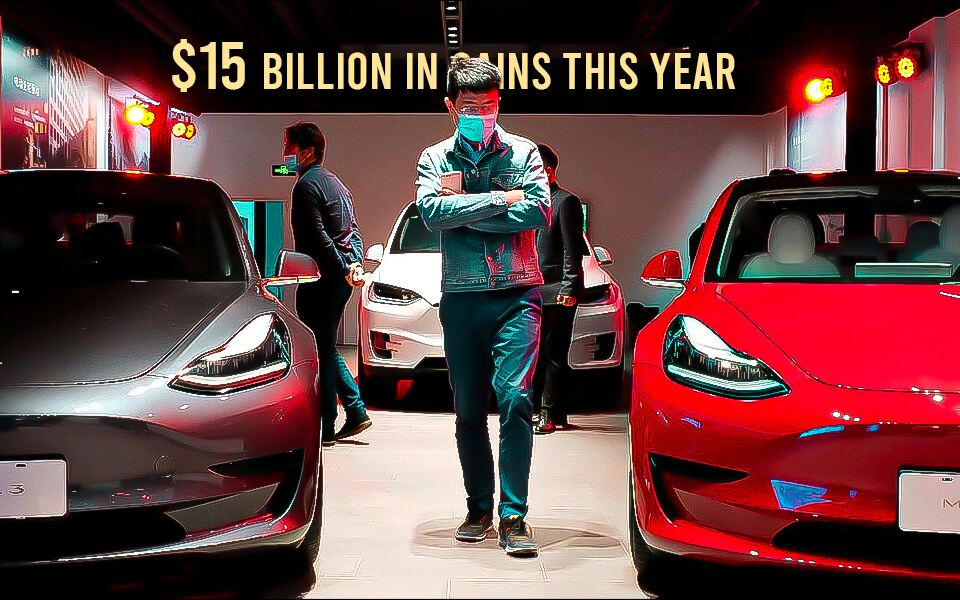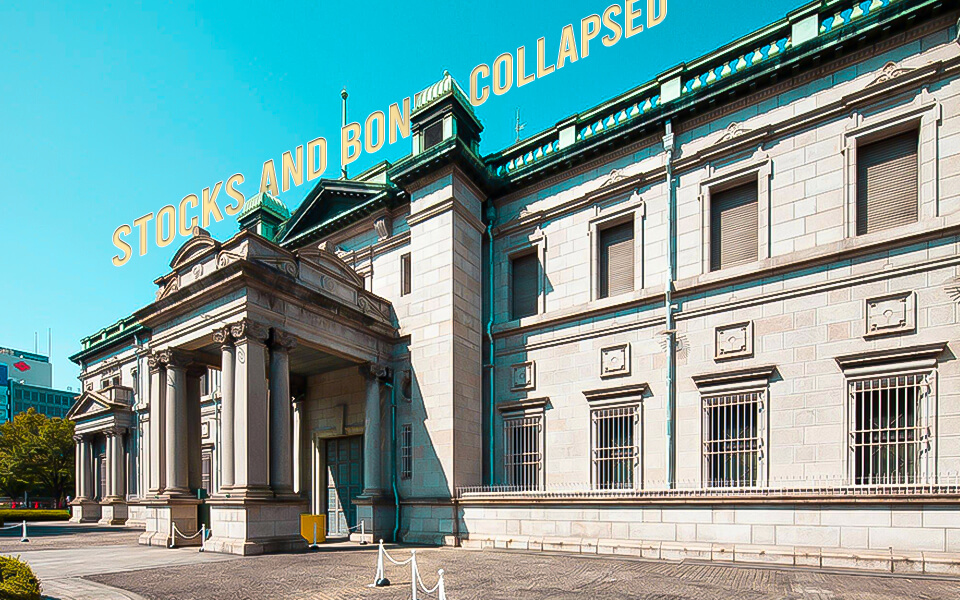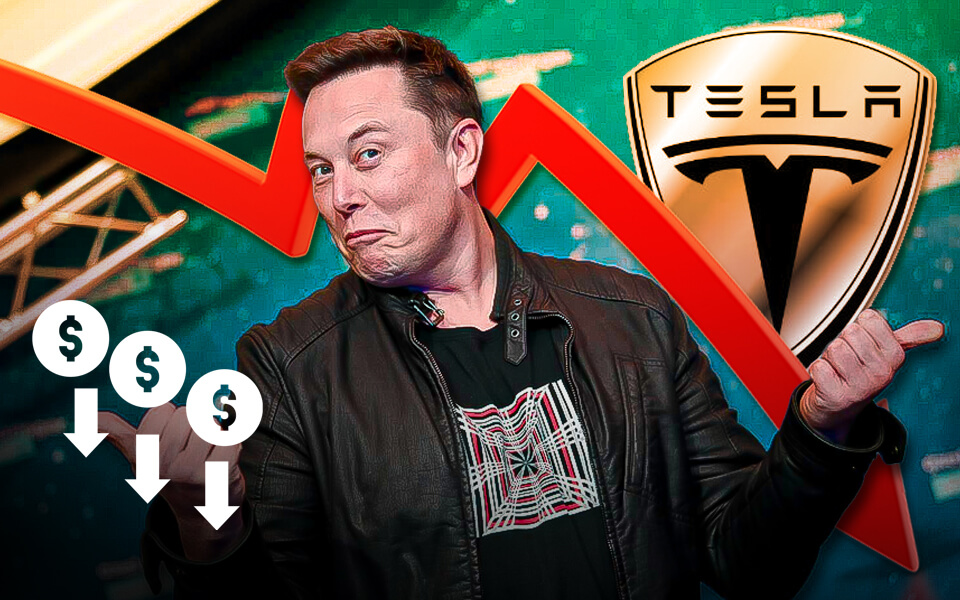
News Highlights
- As shares at Tesla dropped by 8% on Tuesday, it hit a low after 52 weeks.
- Tesla’s CEO, Elon Musk, shifts the blame to macroeconomic factors.
- On what seems to be a diverse day for the stock market, Tesla shares fell by $138 per share, cumulatively, an 8% fall for Tuesday.
- Some critics hold Elon Musk’s Twitter acquisition as a point of distraction.
- Tesla stocks fell short compared to the S&P 500 and further automakers within the industry since he declared the Twitter deal in April.
- On the contrary, Tesla’s efforts are ongoing, with offers like discounts and incentives given out to enhance their sales in China, their struggle around heightening their efficiency in newly accomplished factories in Germany and Texas, further tackling hiking energy rates in Europe and supply chain problems.
After a series of brokerages slacked their price targets on the EV Makers’ stocks (Electric-vehicle makers), Tesla shares slid by 8% on Tuesday. A result of EV makers feeling a threat arousing from Elon Musk’s Twitter distraction.
As per market records, after Tesla’s more than two-year-old hit of $137.66, it has been a second market low ever since.
Ross Gerber, a long-term Tesla bull, brought this up in his tweet, “Tesla stock price now reflects the value of having no CEO. Great job tesla BOD – Time for a shake up. $tsla.” Gerber has also set an informal campaign afloat, suggesting Tesla’s shareholders vote and appoint him as one of their board’s directors.
Replying to the tweet, Musk stated, “As bank savings account interest rates, which are guaranteed, start to approach stock market returns, which are not guaranteed, people will increasingly move their money out of stock into cash, thus causing stocks to drop.”
However, Tesla’s market drop has stretched lower than other substantial automakers since Elon Musk made public his decision regarding Twitter’s takeover in April 2022. Tesla’s stock declined by 59% since that day, compared to Ford’s 26%, GM’s 12%, and the S&P 500’s 14% drop.
As per Gerber’s notes, the Tesla chief is overboard with distractions. He concludes that Musk has been rousing controversies being the latest CEO and owner of Twitter, the colossal social media platform he took over in a late October leveraged buyout, along with his position as the CEO of SpaceX, a giant defense contractor.
Musk reportedly sold Tesla holdings worth billions, including the $3.6 billion sales transaction he took up this month, to fund his Twitter deal.
He’d mentioned to his Twitter employees that he sold out Tesla shares to “save” their business as he went on to terminate over half of the company staff, thereby launching a multitude of changes to the product and policy regime, few that he ended up reversing.
On the one hand, Musk’s focus seems fixated on his new “Chief Twit” role as of late October. On the other hand, Tesla has been making discount and incentive offers for cars that are up for sale in China, from its prime factory located and operating from Shanghai — further struggling to pump up the efficiency for its recently established factories in Brandenburg, Germany, Austin, and Texas, it also deals with unwavering supply chain issues that are widespread in the automobile industry, mounted by rising energy prices throughout Europe, reducing the lure of battery electric vehicles among some drivers.
In concurrence with other issues, all of these recent occurrences urged Evercore ISI and Mizuho Securities to lower their Tesla price target this Tuesday.
Mizuho Securities analysts even justified their move by writing a note that says, “near-term, we see potential weakness in Tesla sales as macro headwinds, and a weaker consumer could drive lower demand for higher-priced EVs.”
Tesla still appears bullish for the long run, considering the company’s newly added factories giving them a competitive edge, alongside new electric vehicle tax credits that are on the outlook in the USA, which is likely to “accelerate demand” at the least locally. However, some EV credits in China will end by the beginning of 2023. As a result, the company has positioned a price target of $285, paired with a buying rate on Tesla shares.
Joshua White, a university assistant professor at Vanderbilt, who previously served as an economist at the US Securities and Exchange Commission, stated, “Only some of the drop in Tesla’s value can be blamed on interest rates. Twitter overhang is one important component. China is another huge component. We still don’t know if China will be open all the way, and we see there is supply and demand pressure here in light of the increase in covid cases, and disruptions.”
He added that Elon Musk may have lost the faith shareholders instilled in him when he stated in April that he wasn’t planning on selling any more Tesla shares, yet sold our shares worth billions of dollars.
Joshua White pointed out that Musk seems to be selling equities in large segments even after saying, “I’m done and I am not selling anymore.” He intuits that, at this point, Musk’s talk is cheap. Especially when he says something and does something else, the next time Musk comes around saying he is done; investors will anticipate that he probably isn’t. And the apparent conclusion is that as more investors lose their confidence, their prices are more likely to bounce back.
- Published By Team Hongkong Journalist

